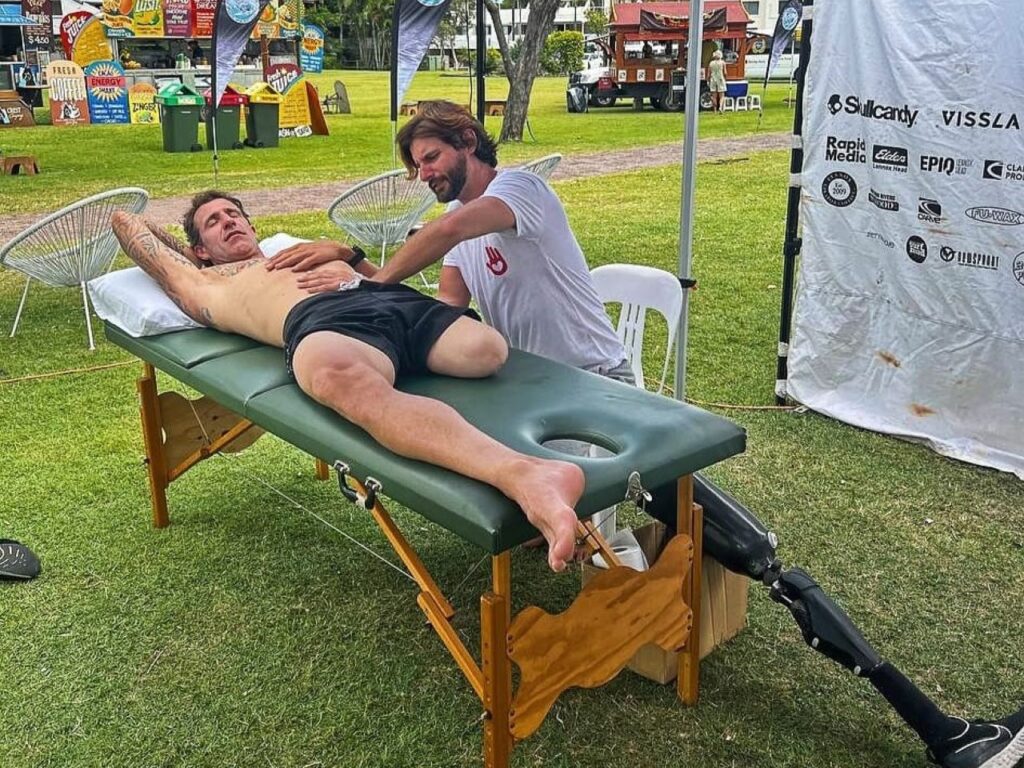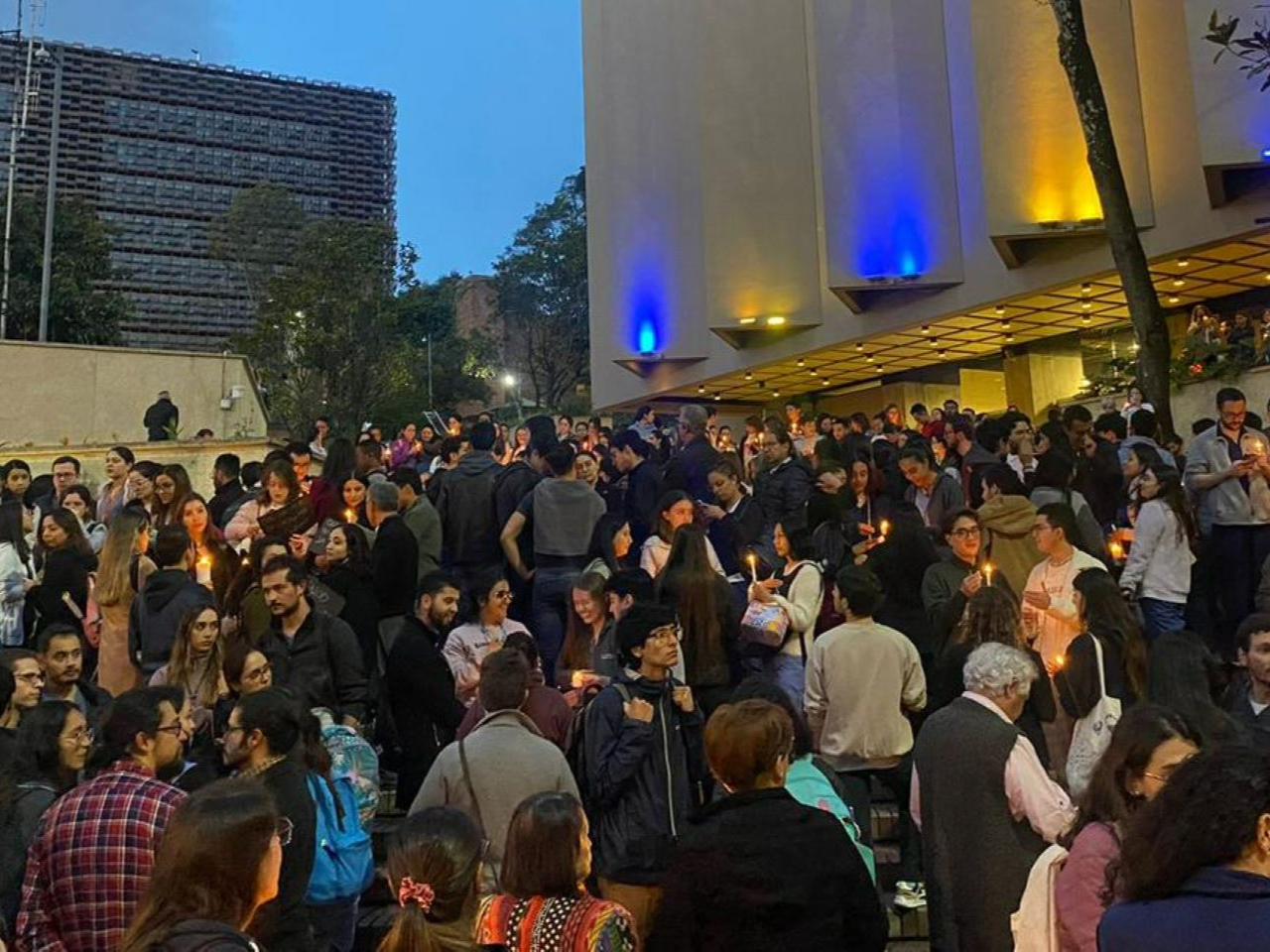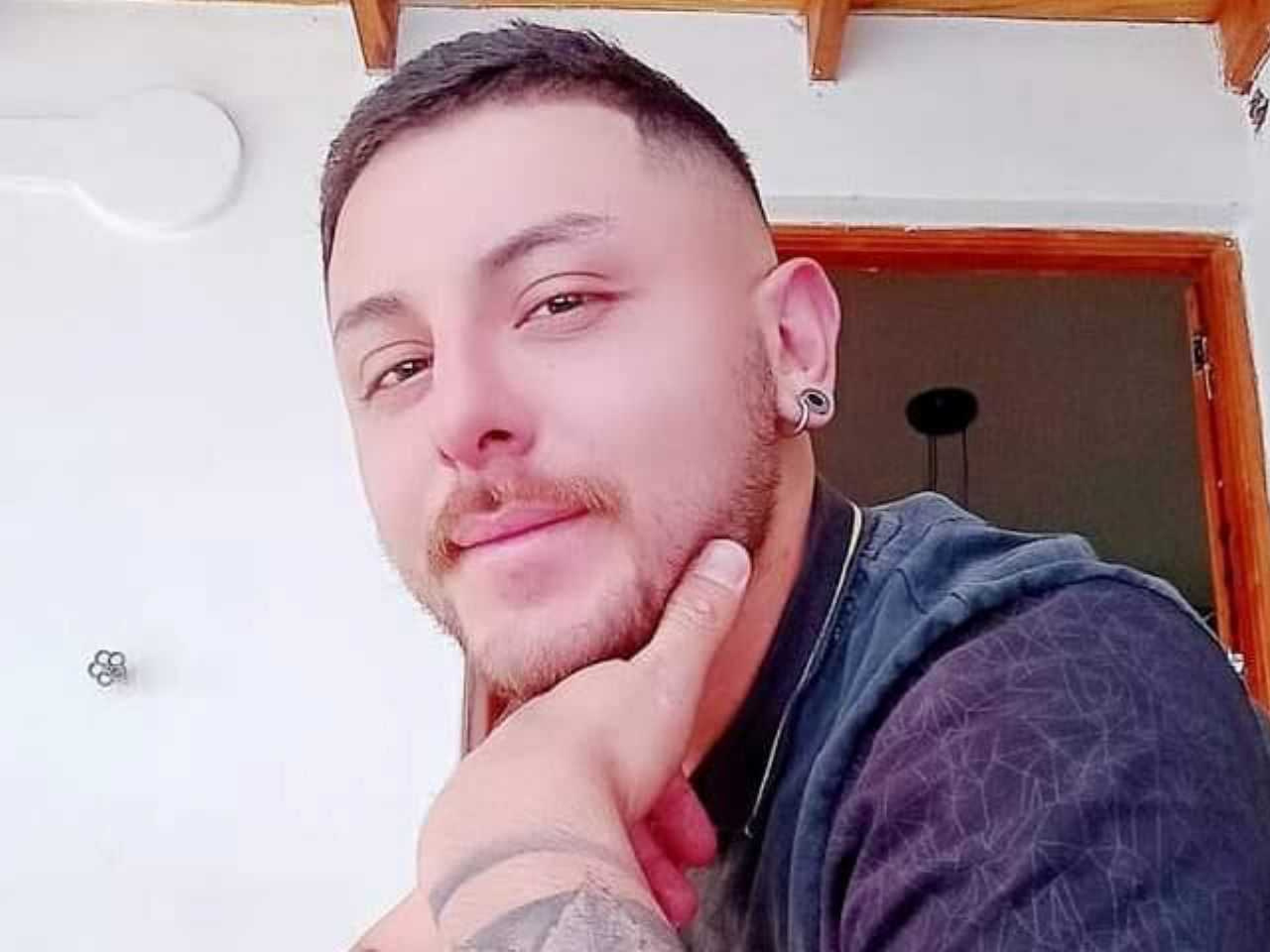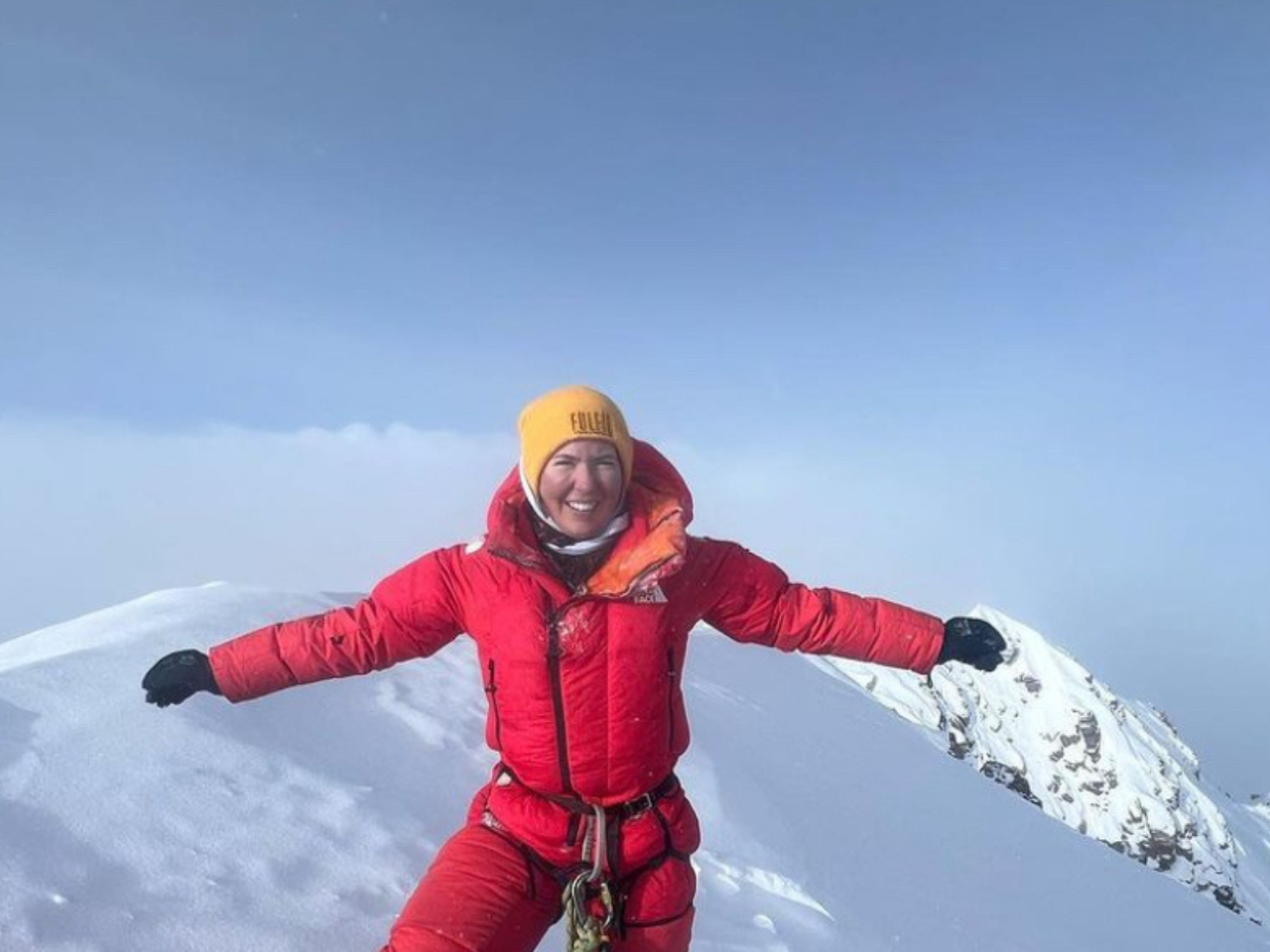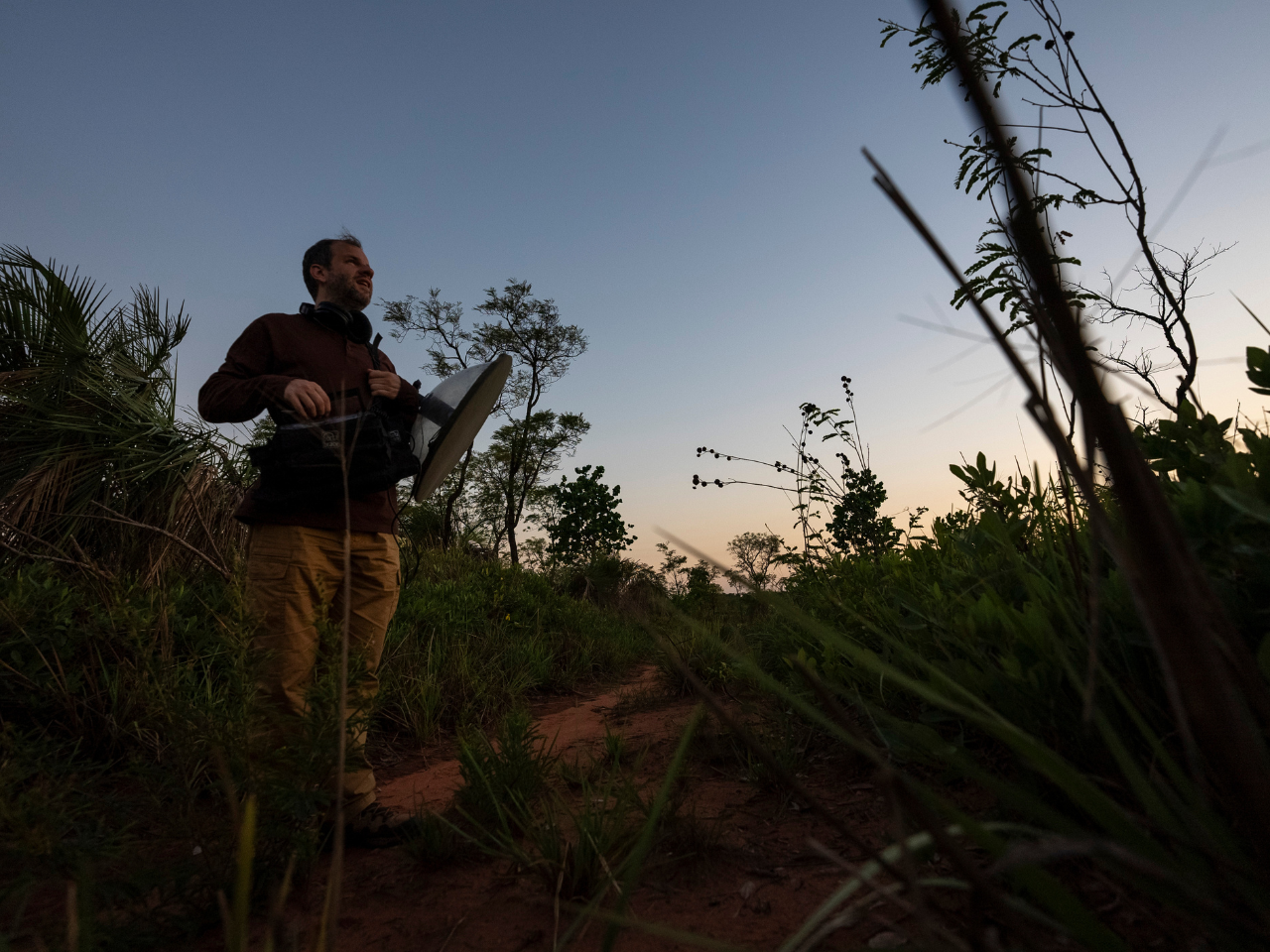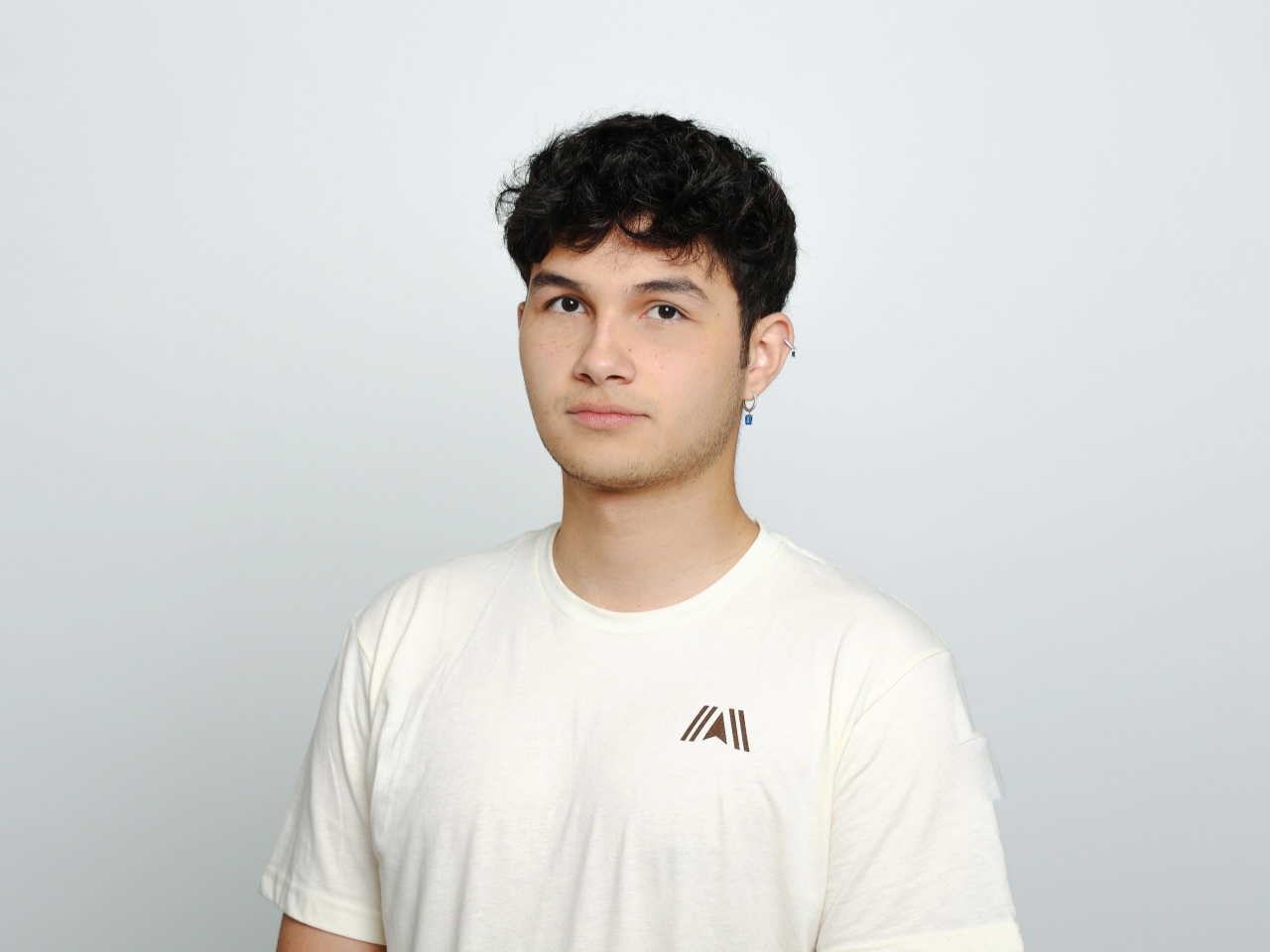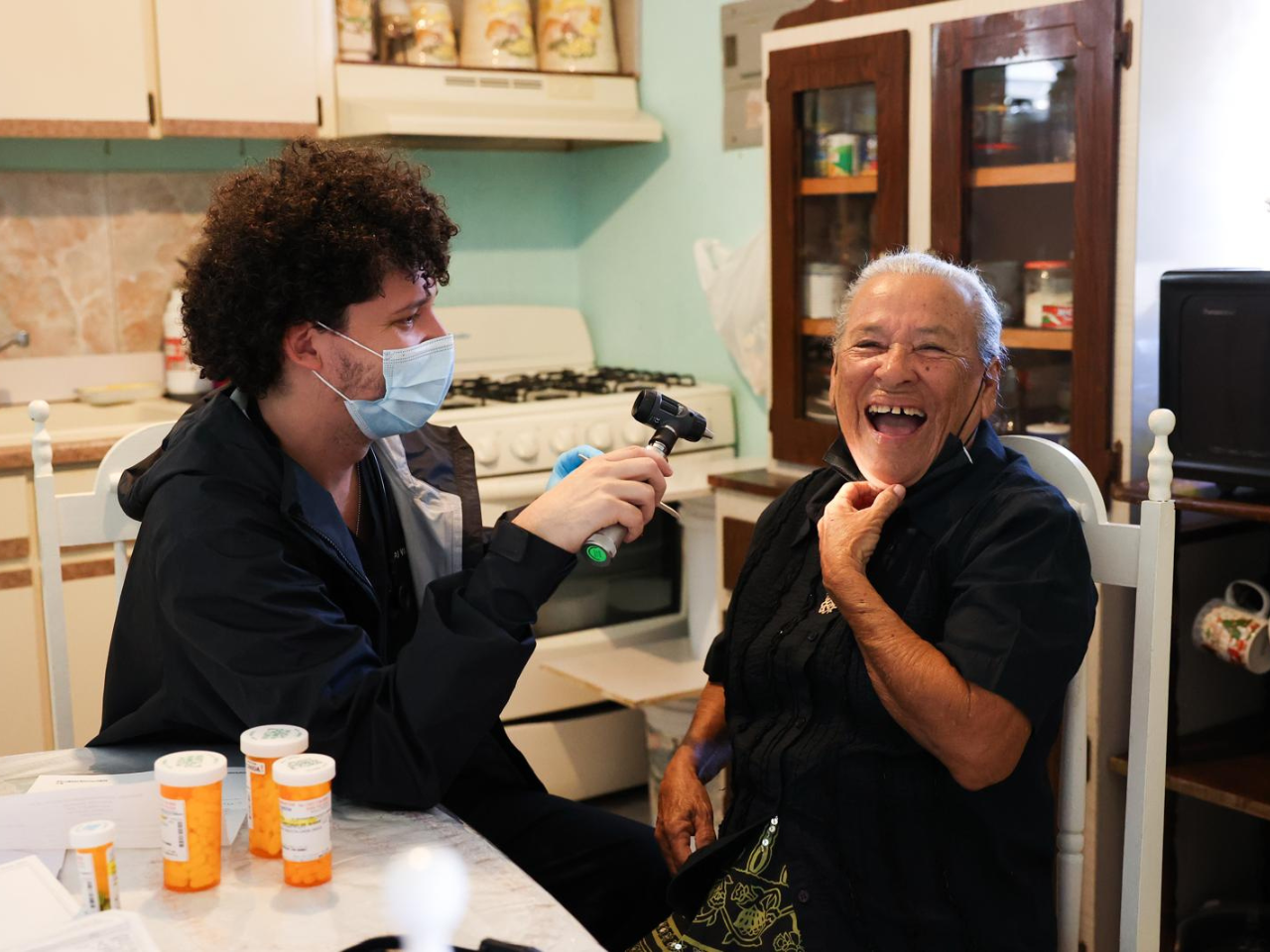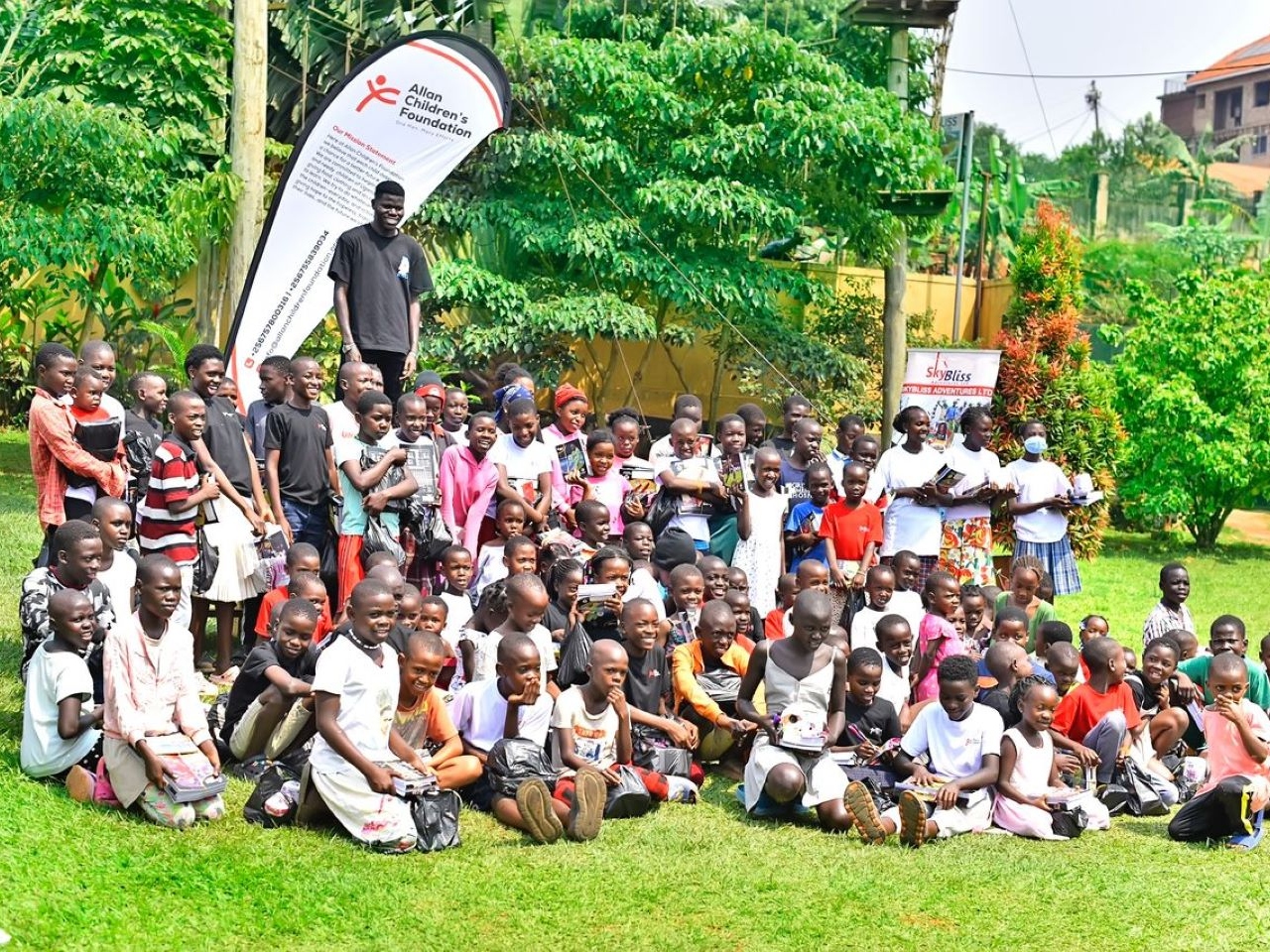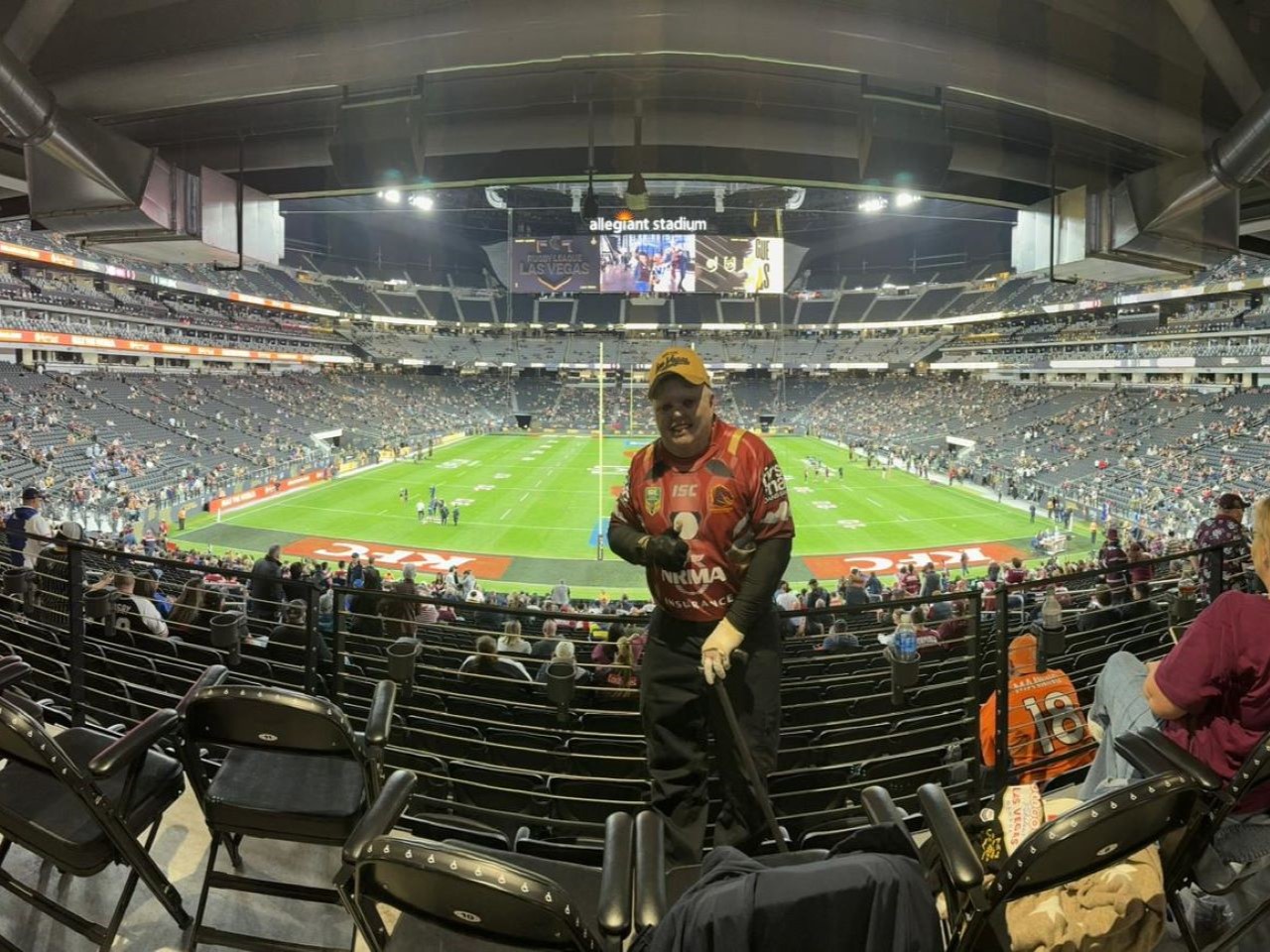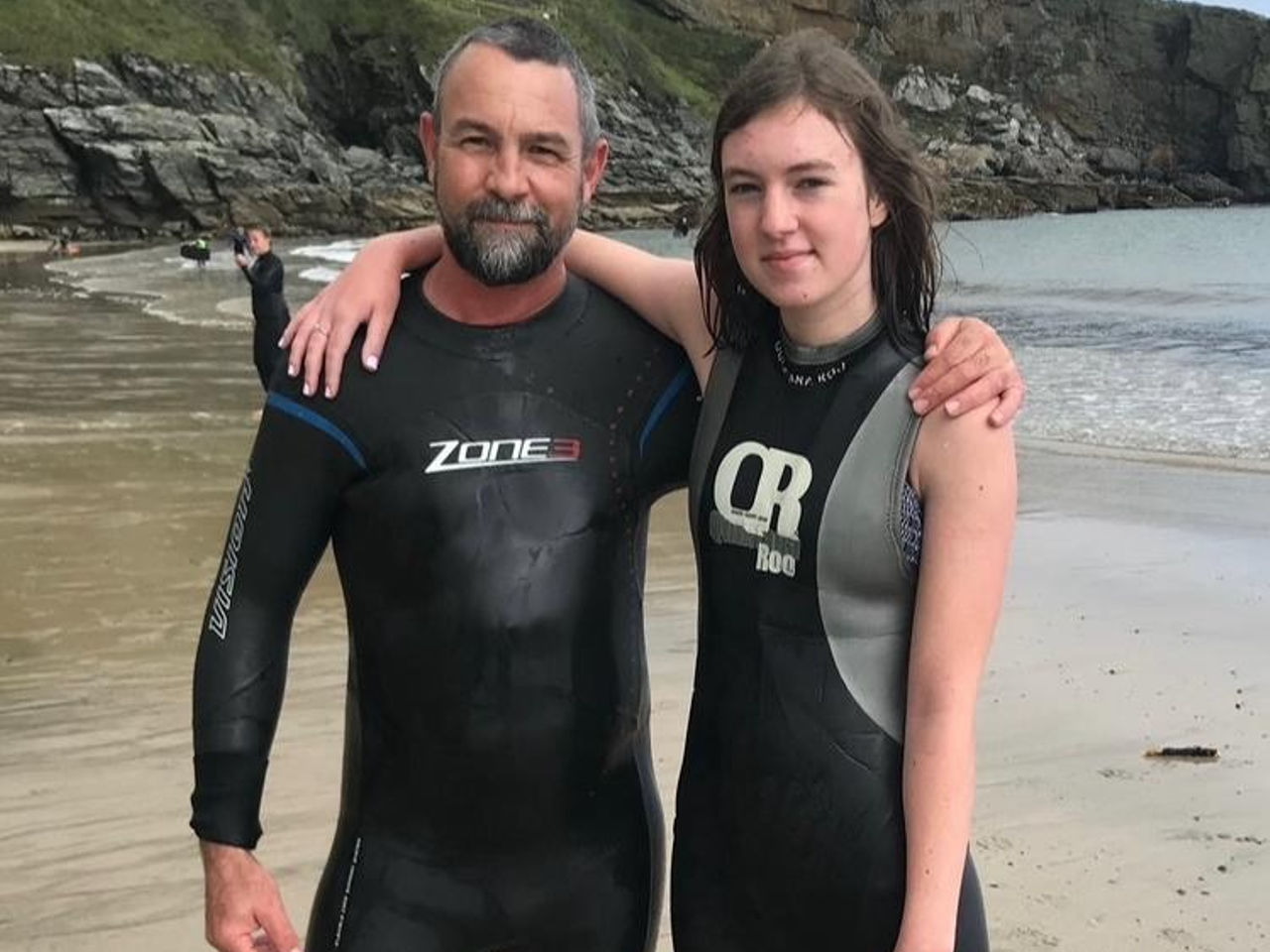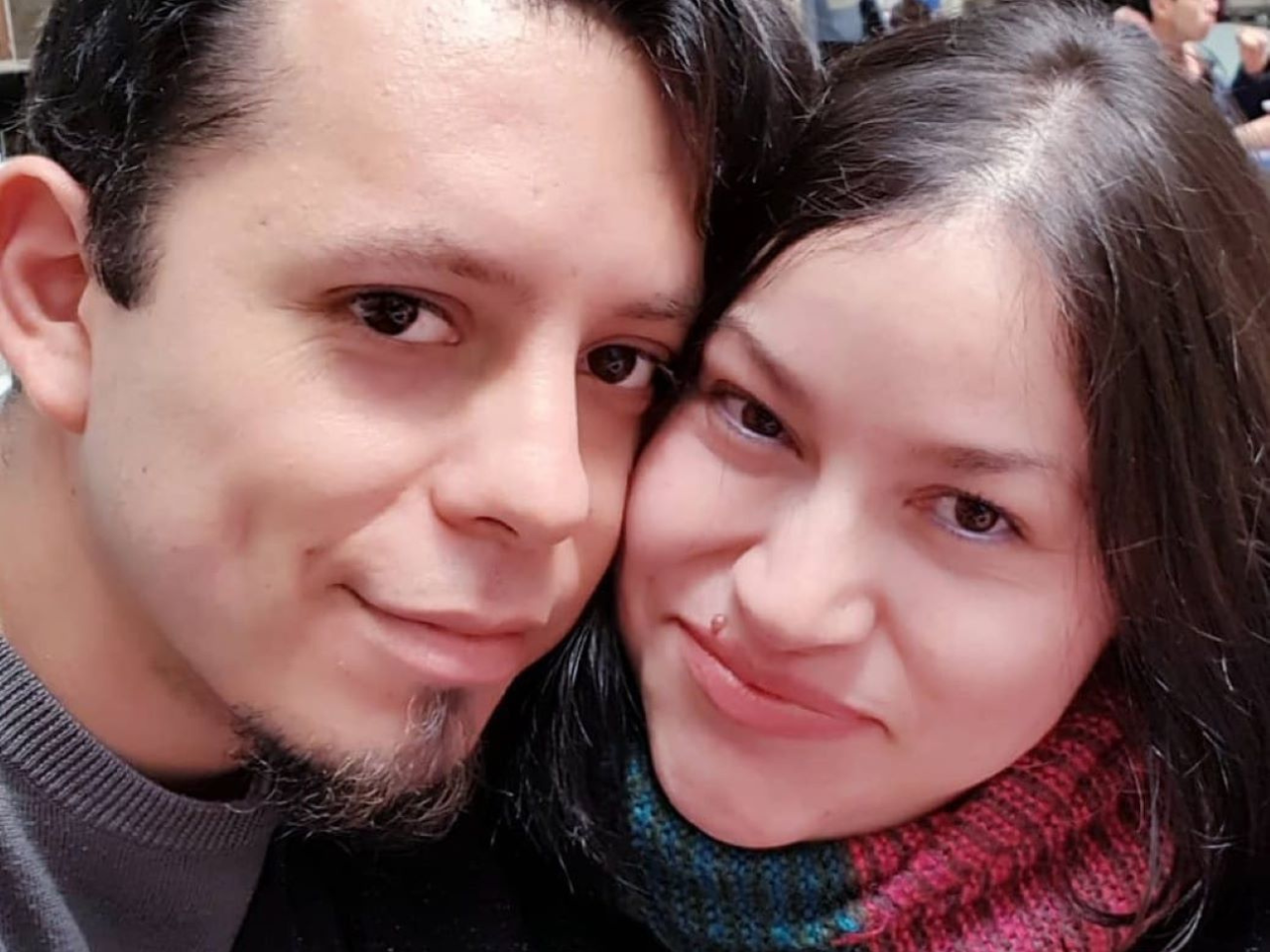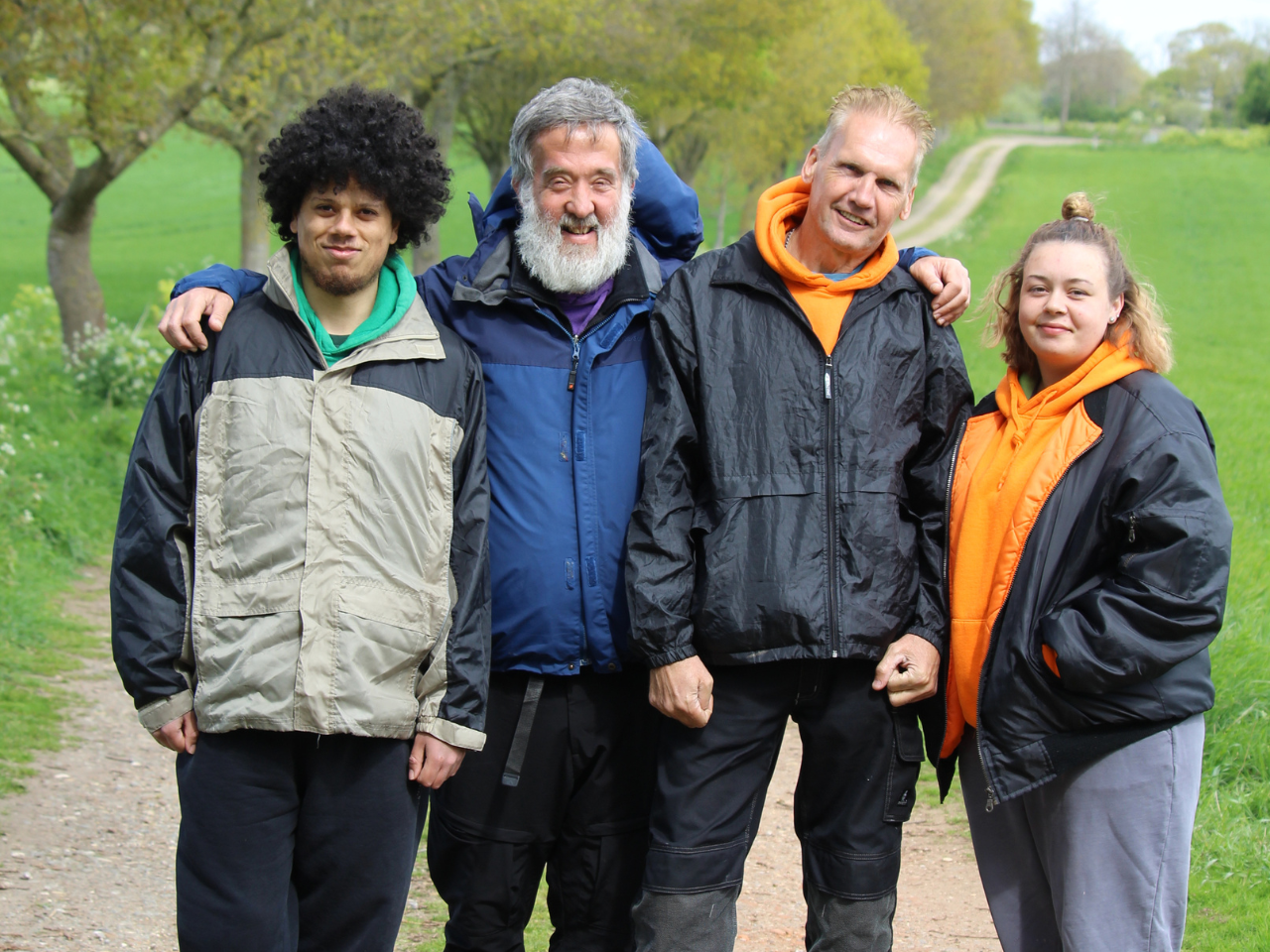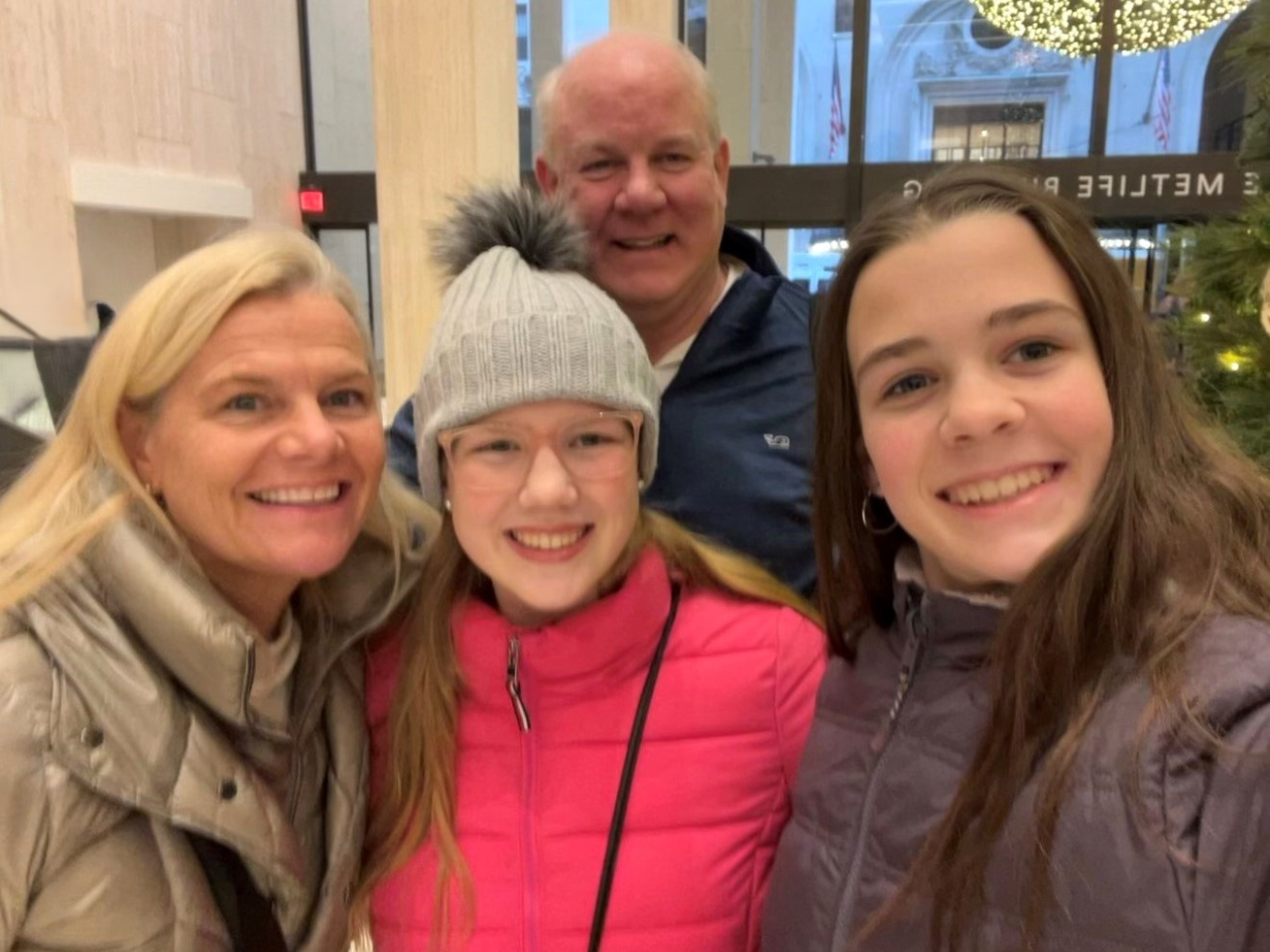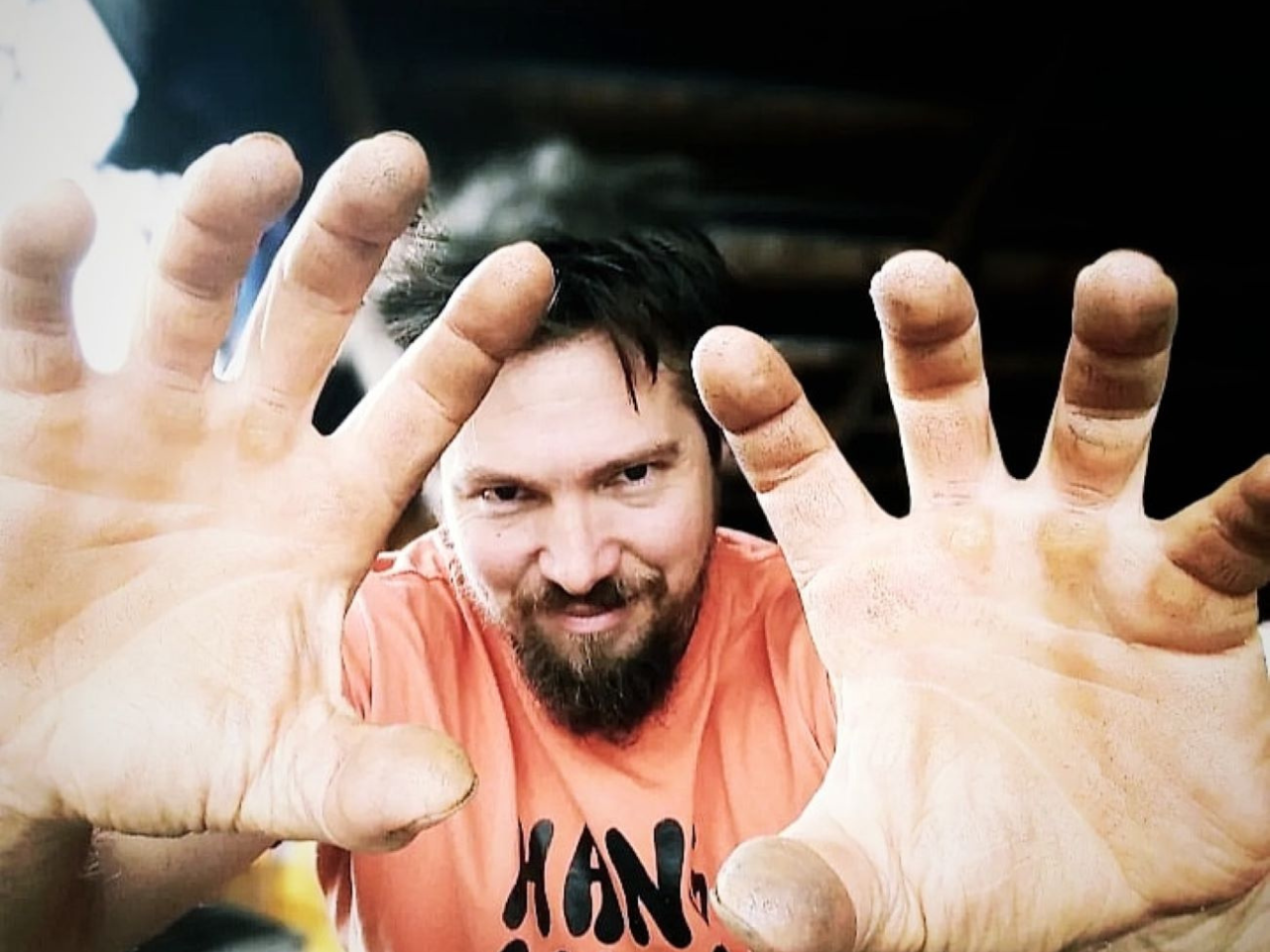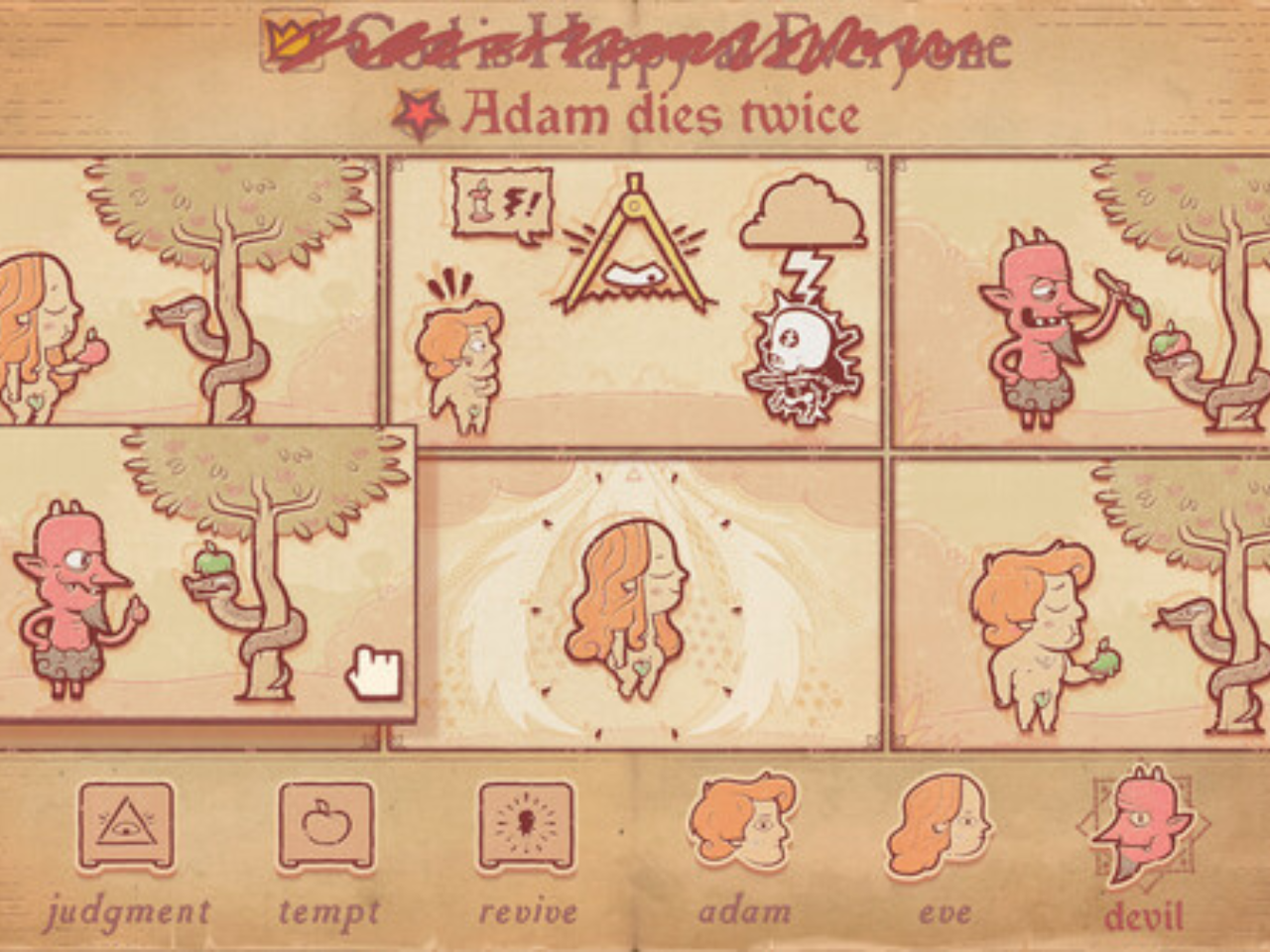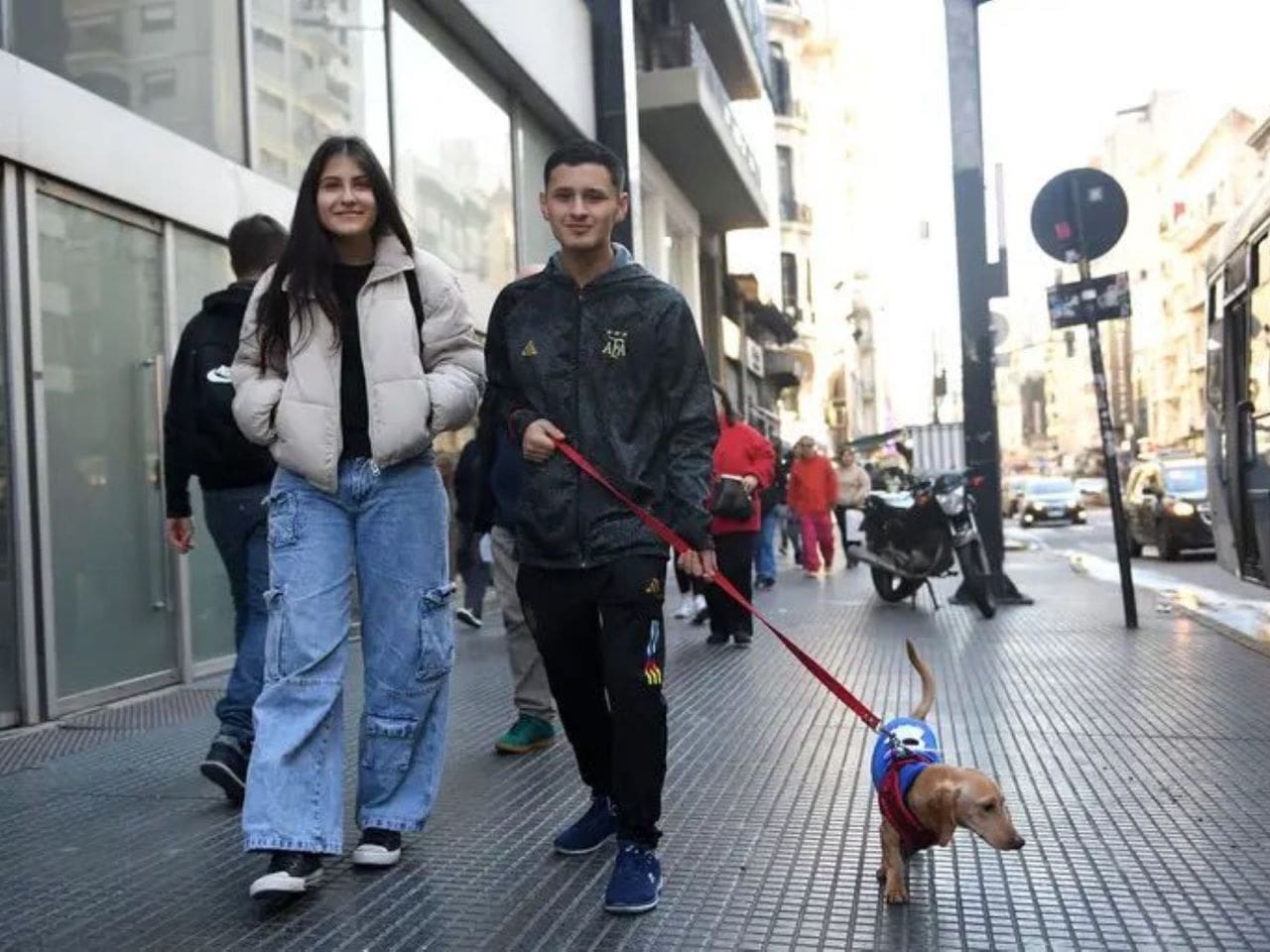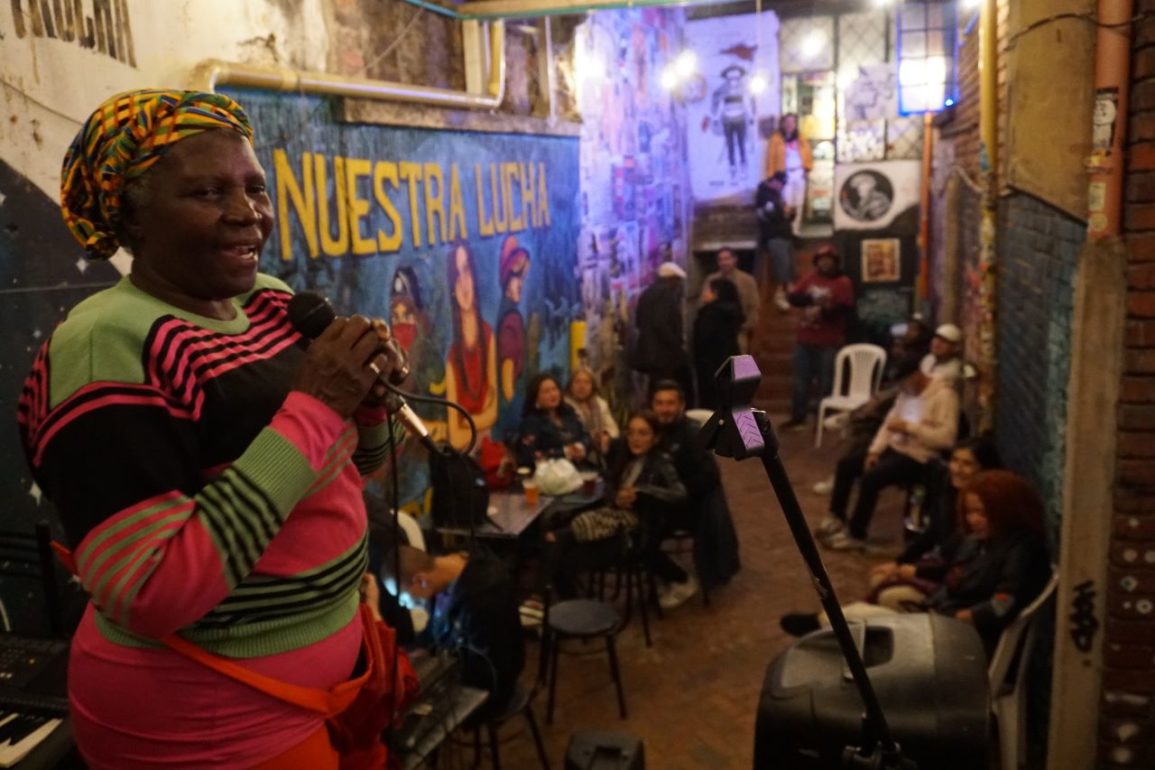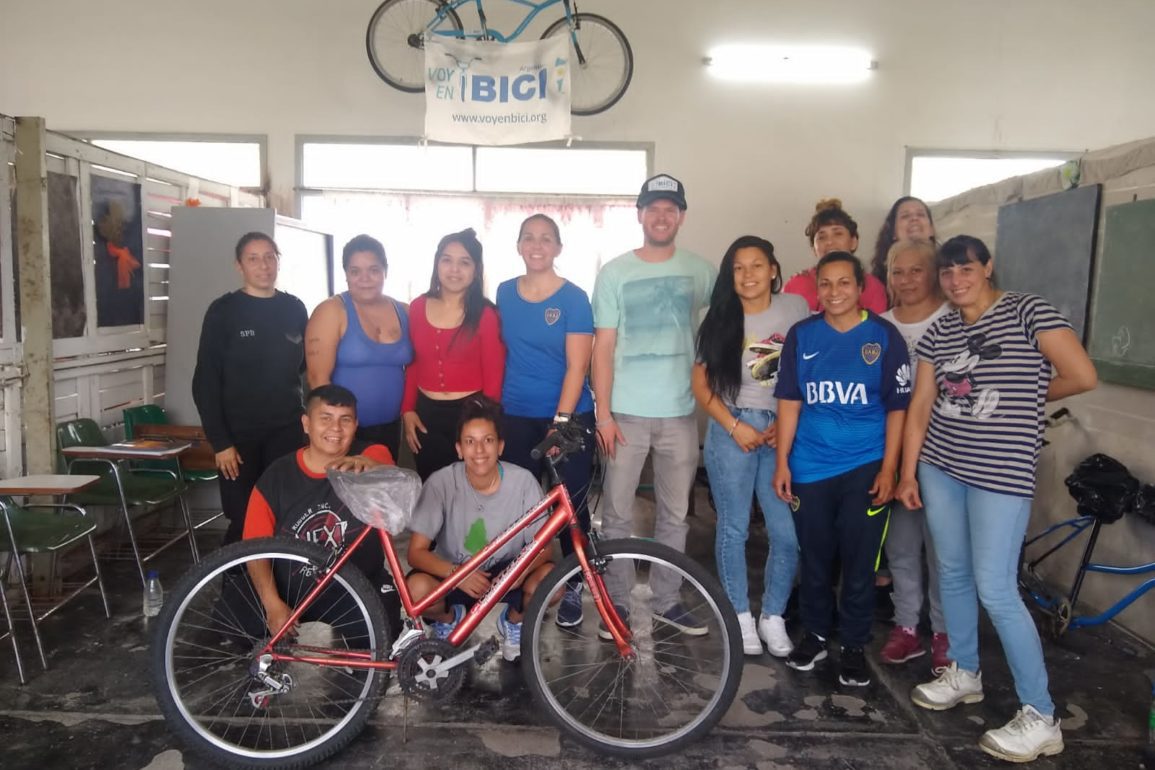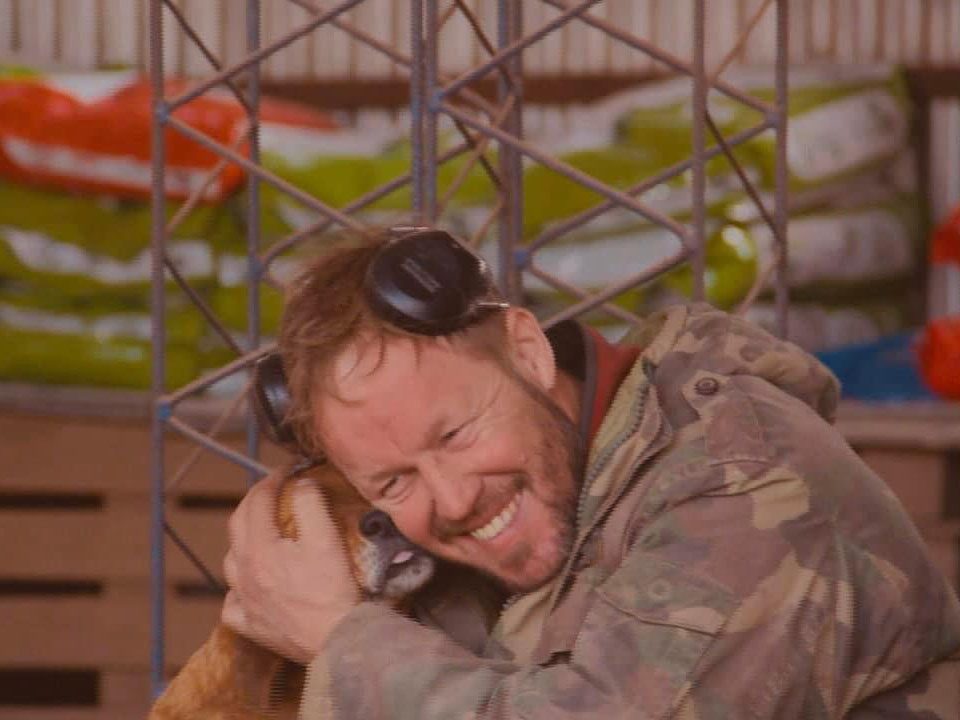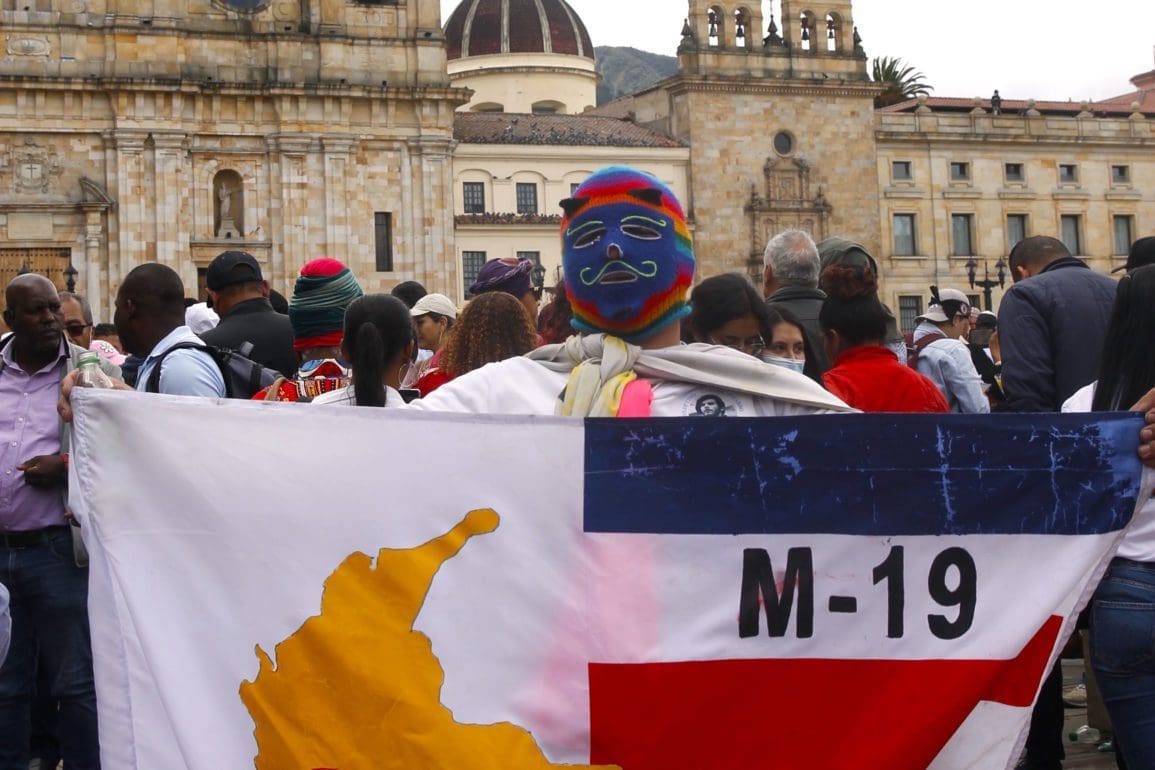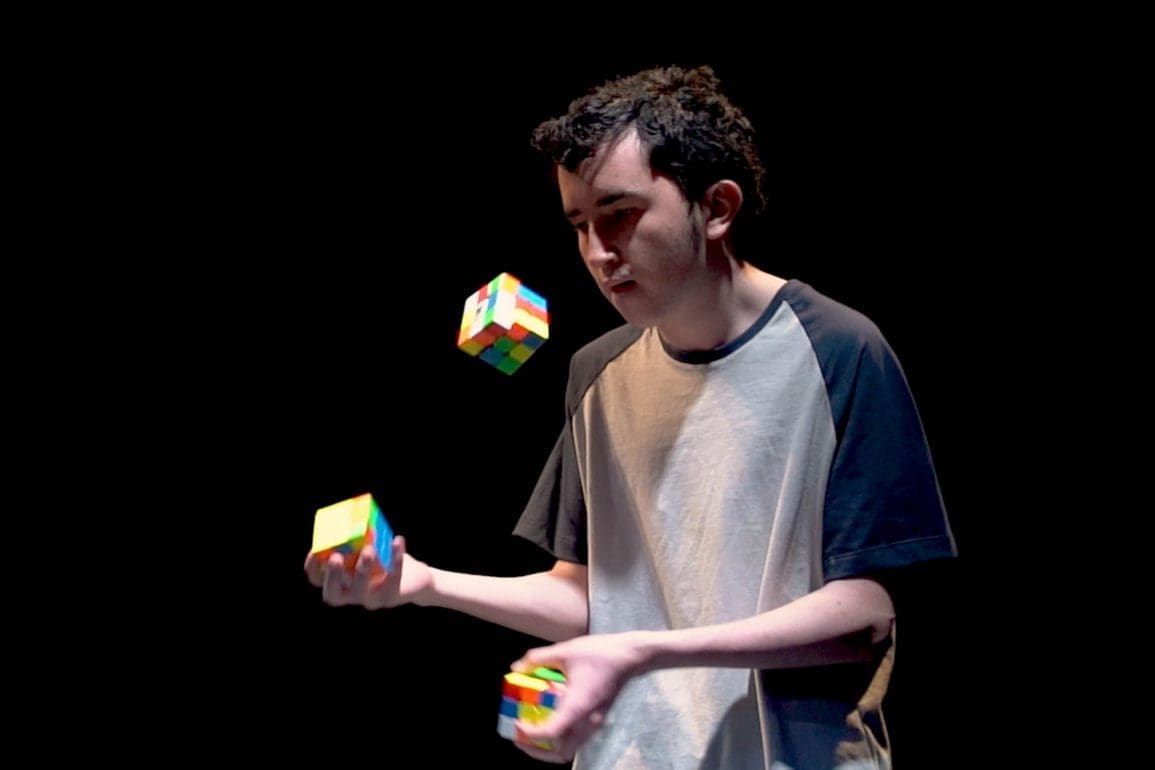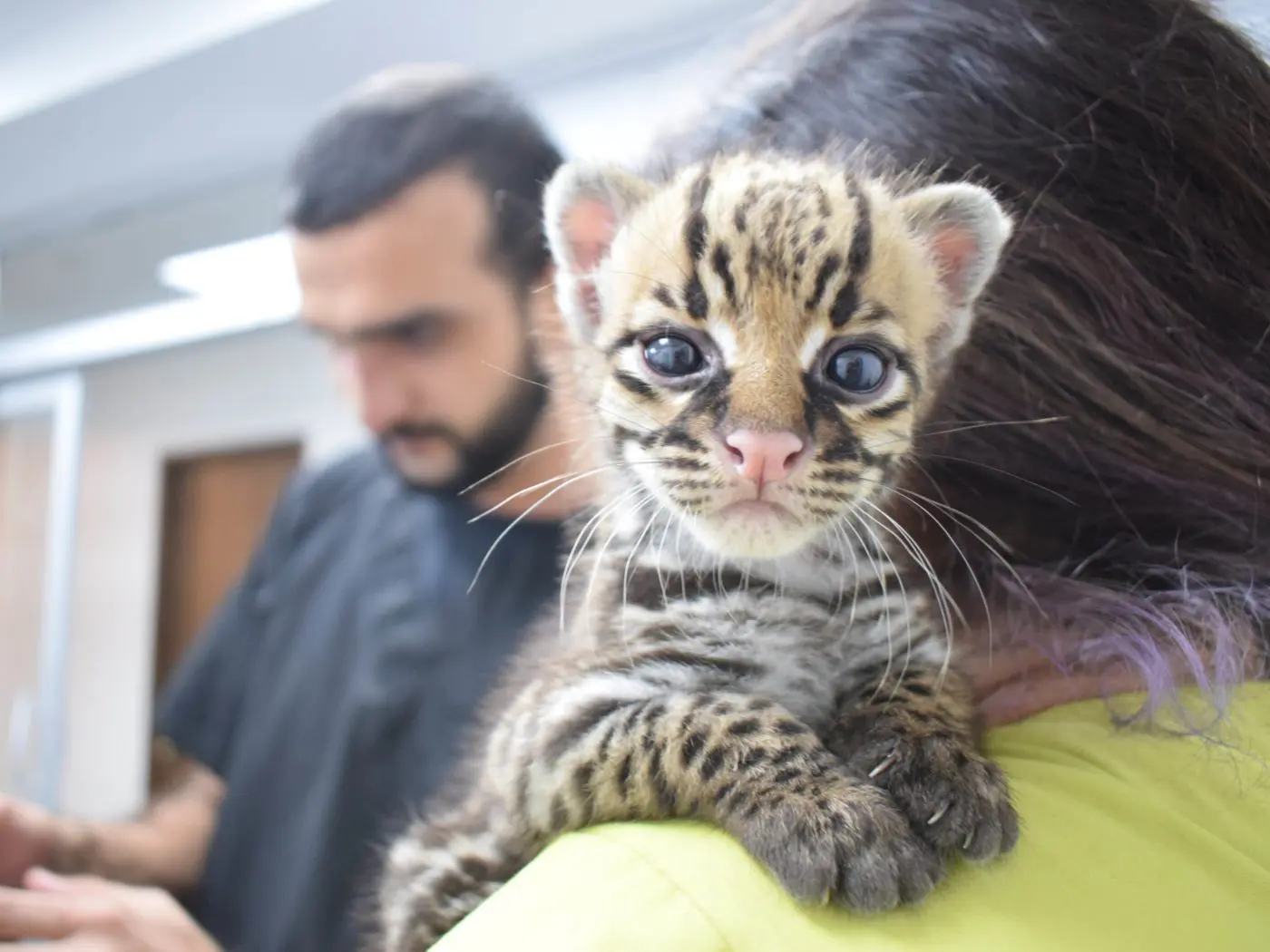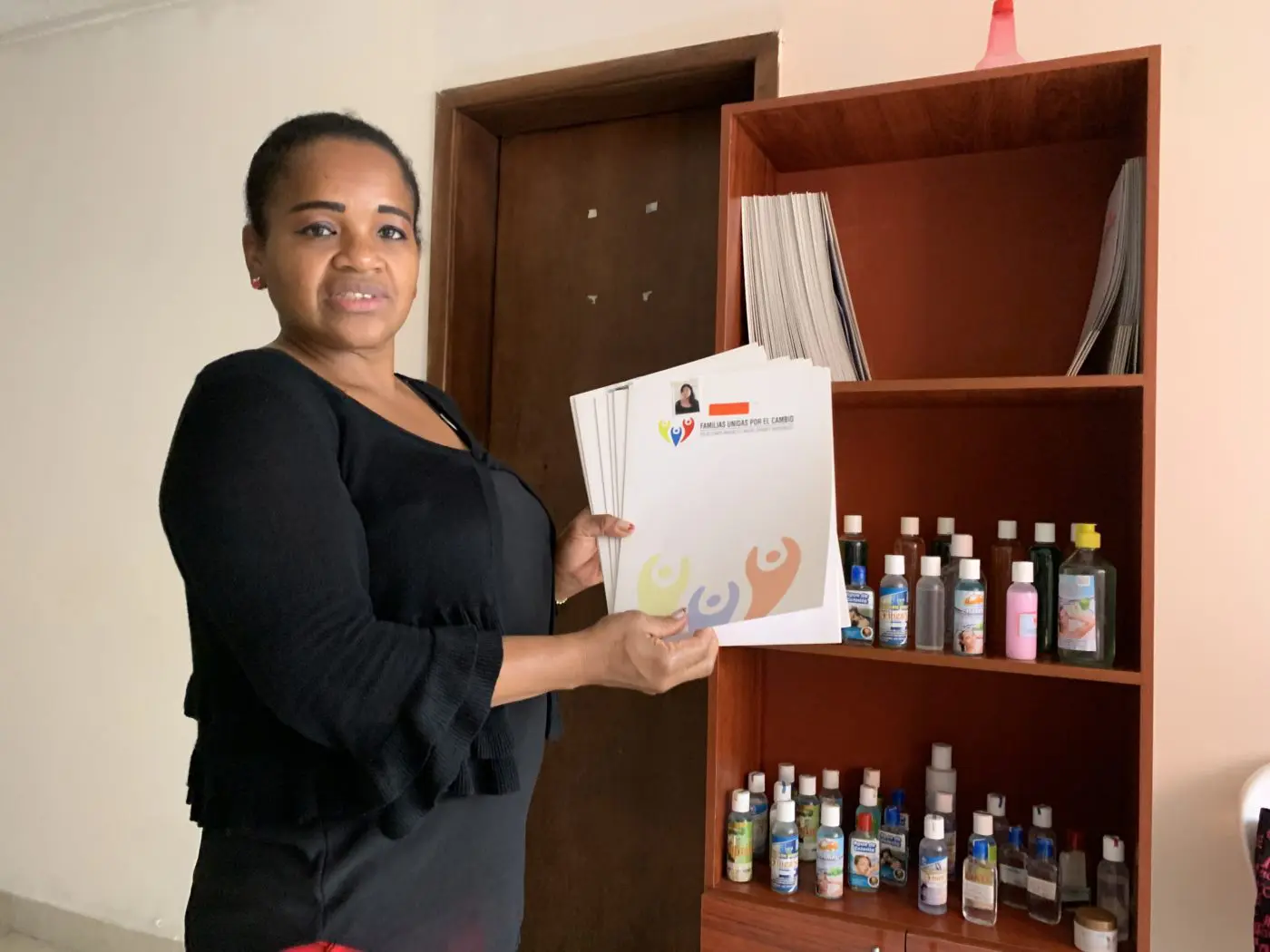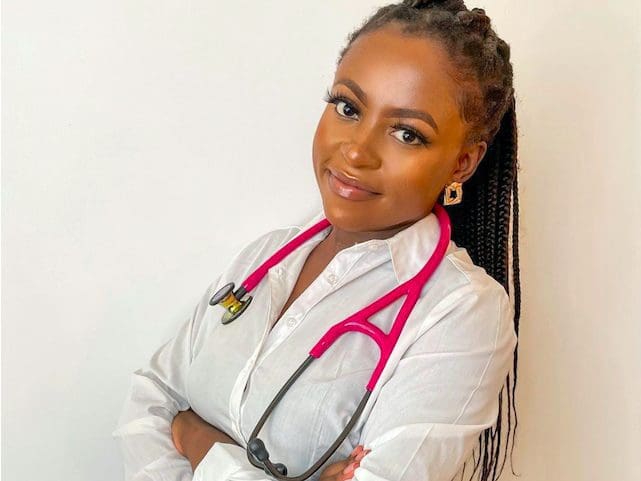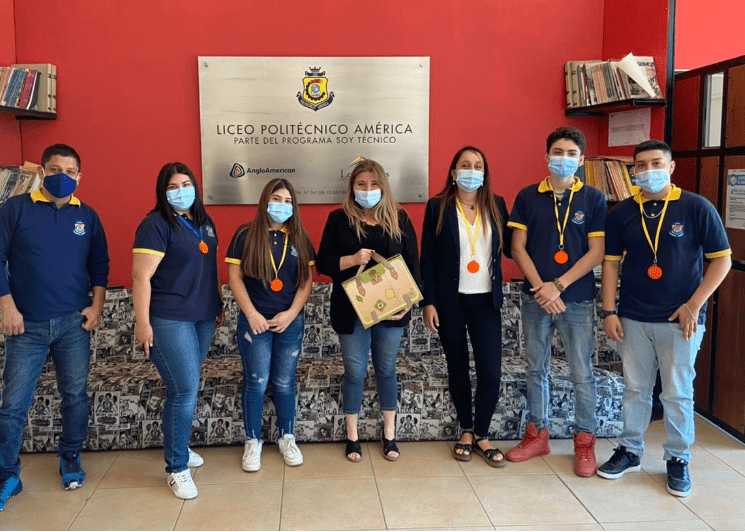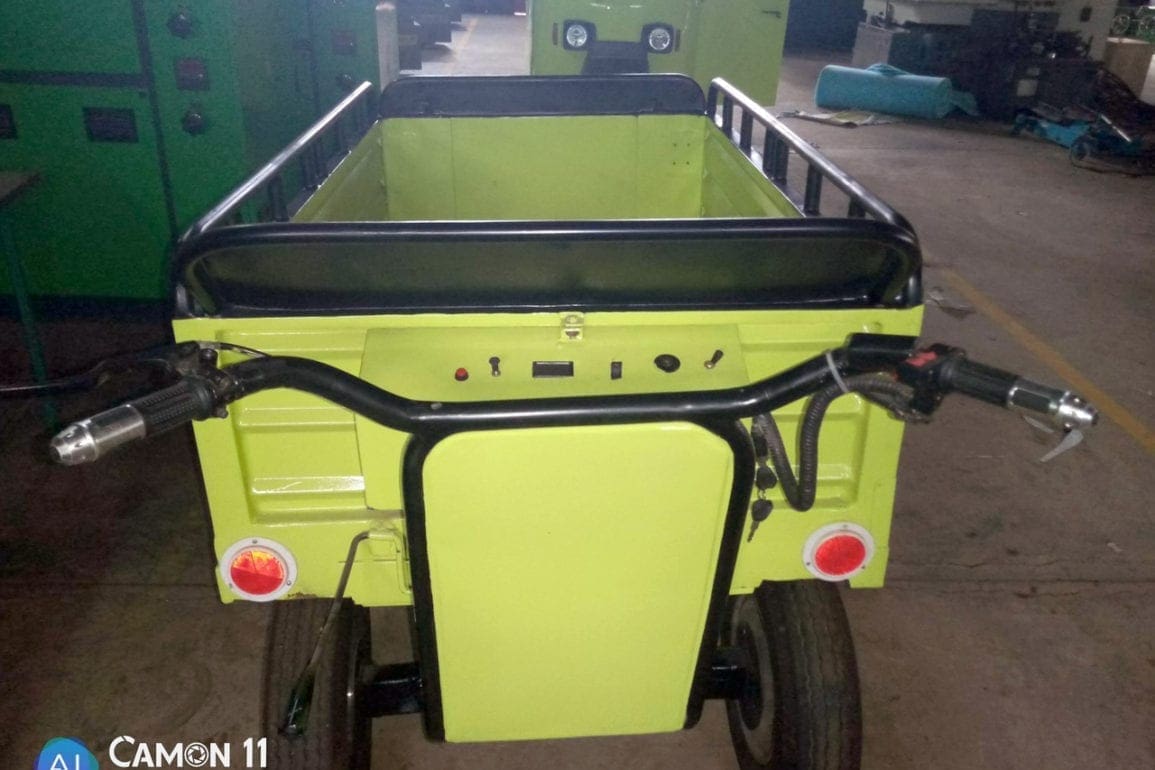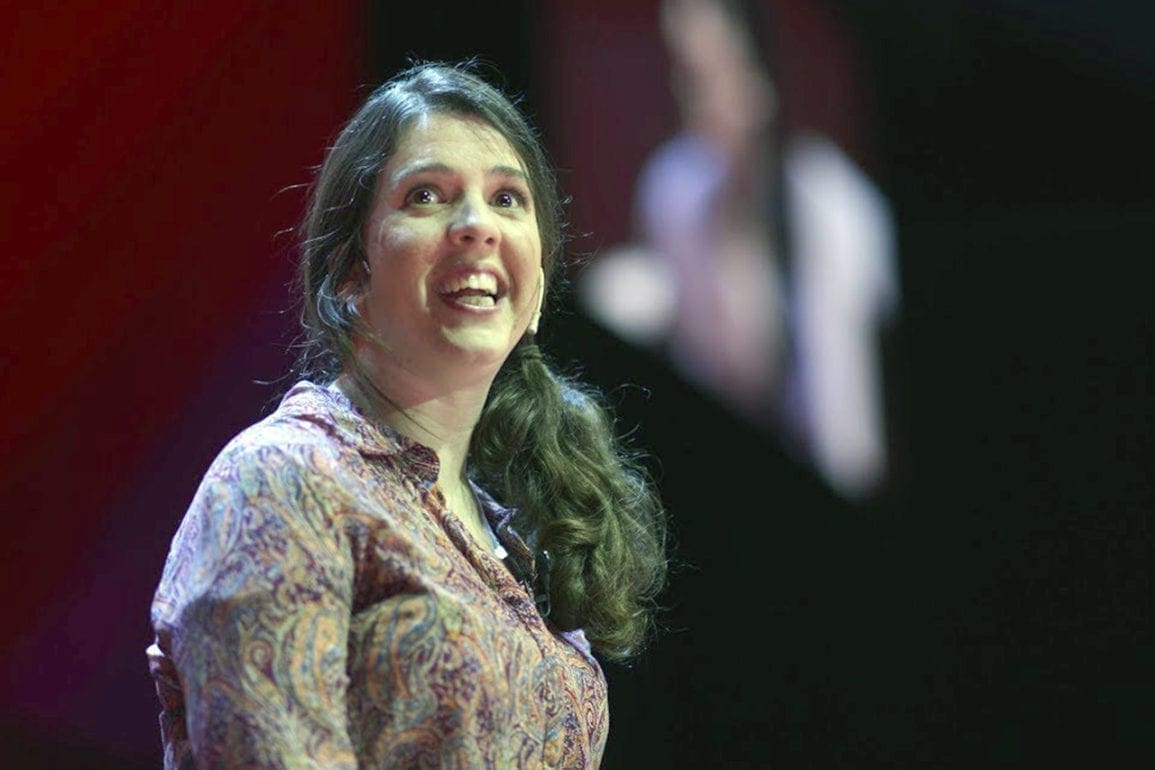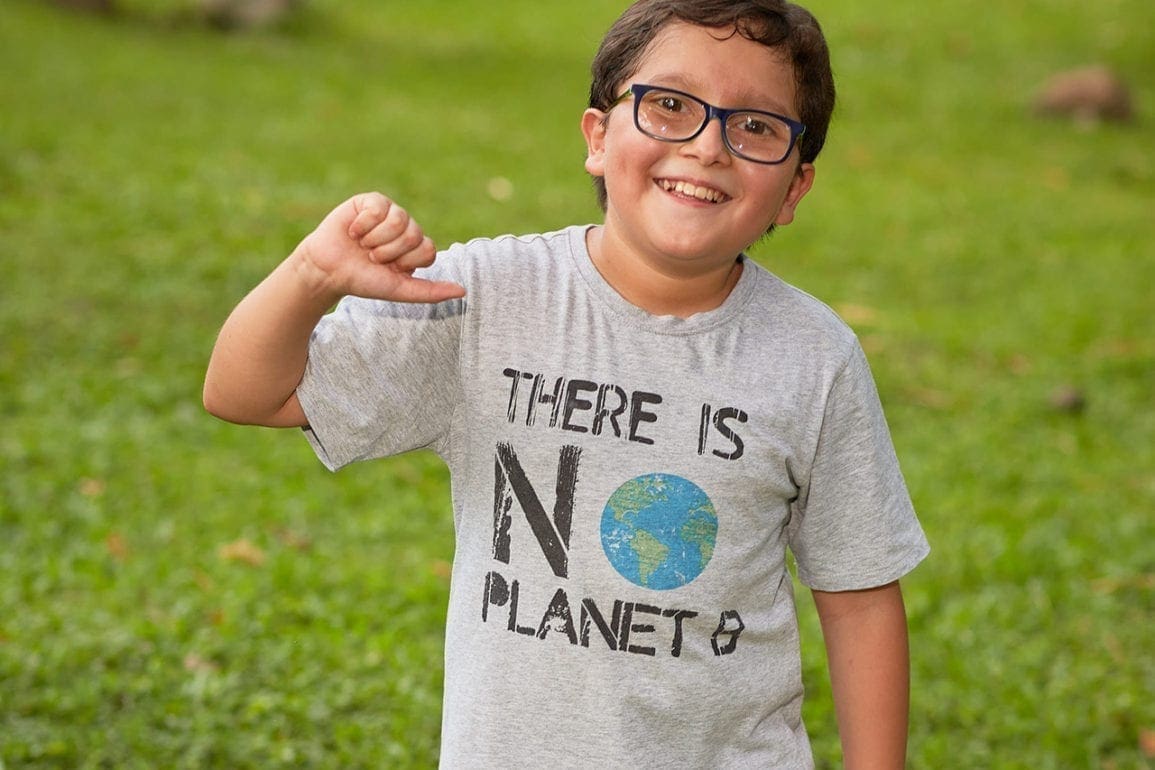From disability care to war relief: Therapist extends aid to war victims in Ukraine
Confronted with such stories, I found myself unable to reconstruct their shattered bodies. All I could offer was relief and a shoulder for their tears, as they wept from the immense pain they suffered.
- 2 years ago
May 22, 2024
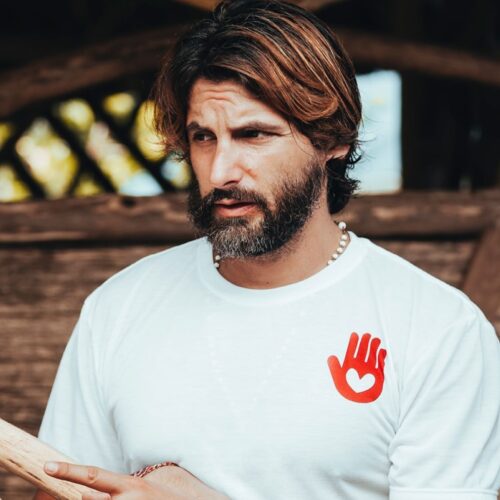
LVIV, Ukraine — In 2023, two years after I arrived in Romania, the war in Ukraine erupted. Fueled by a sense of moral obligation, I traveled to Lviv. While there, I witnessed the harsh realities of war injuries, which differed from any medical conditions I encountered before.
My foundation’s focus on minors led me to the Halychyna Rehabilitation Hospital’s pediatric area. The resilience of the children in the hospital felt heartwarming. Their smiles and playful gestures during treatment showed their gratitude and comfort with me. Caring for these children became exciting as they expressed their appreciation by trying to touch my face or playing with me as they grew more comfortable.
The hospital directors then introduced me to the servicemen receiving care. Witnessing the crowded wards and lines of soldiers awaiting treatment left me speechless. Treating war injuries was new to me, and I quickly realized the difference between these and other types of amputations. The soldiers’ wounds were not only physical but they also carried the weight of traumatic memories, exacerbated by the ongoing conflict.
Read more stories from the war in Ukraine at Orato World Media
From Barcelona to Bali: a journey of compassion for children with disabilities
I frequently travel to work with a unique group of patients: children with disabilities and adults who have suffered amputations from accidents or shark attacks. My work remains scattered across the globe. In 2016, I felt privileged to work with children with disabilities at a clinic in Barcelona, Spain. During the early years of my profession, I newly encountered the immense suffering faced by chronically ill children.
I witnessed firsthand the challenges they and their families endured. Some parents struggled to bear the weight of caring for a child with a disability, leading to tragic outcomes like suicide. Others, burdened by shame or social pressure, chose to isolate their children, keeping them hidden away.
At a private center, I provided excellent services for children with disabilities, but these services came at a steep cost, accessible only to families with substantial financial means. Some families had to save up for an entire year just to afford a few sessions, which alone could not significantly alter the lives of those affected.
While on vacation in Bali, Indonesia, I encountered a center for disabled orphans, which proved to be a revelation. I grew curious about how the island perceived disability and made a disheartening discovery. A prevailing belief in reincarnation and karma led people to view disabilities as divine retribution. Consequently, they often relegated children to orphanages or hid them away from society from a tender age. Compelled by the dire conditions, I dedicated the remainder of my stay to working alongside the center. I immersed myself in the local culture, vastly different from the western world.
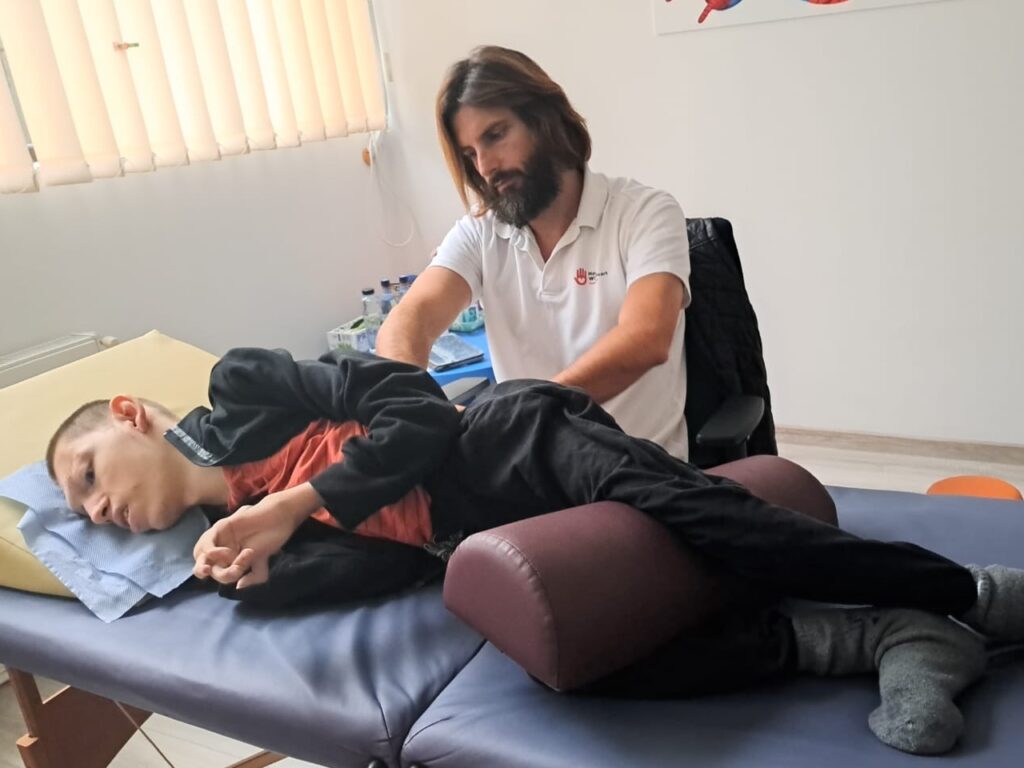
Hands with Heart: providing free disability care
My compassion and desire to make a difference compelled me to offer my services for free to those in need. Hence, upon returning to Spain, I proposed to my colleagues the idea of returning to Bali and offering our professional services without charge. However, my superiors outright rejected this suggestion, citing concerns over the potential negative perception it could cast on our clinic’s professionals. This setback, though, sowed the seeds for something greater. Undeterred, I aspired to aid those in dire need, which eventually blossomed into establishing the NGO Hands with Heart in 2016.
My commitment led me further to Romania, where I met Dimitrie, a young patient with cerebral palsy. His condition prevented him from sitting, walking, or talking. Eight years ago, his mother sought care for him in Spain, and despite the distance, we formed an immediate bond. Later, the pandemic posed a barrier, but it did not deter my commitment. I traveled to Romania to give Dimitrie free monthly osteopathic sessions.
During my time in Romania, a new opportunity arose. I began collaborating with centers dedicated to underprivileged children, many of whom had never received therapy or been informed of their human rights. This experience was a gateway to a broader mission.
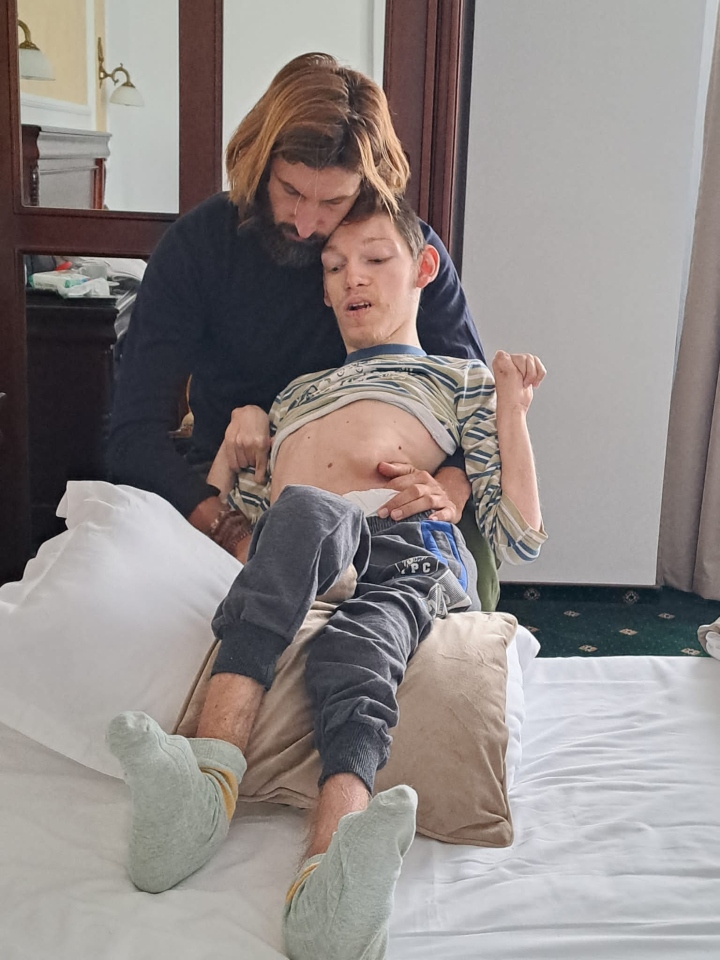
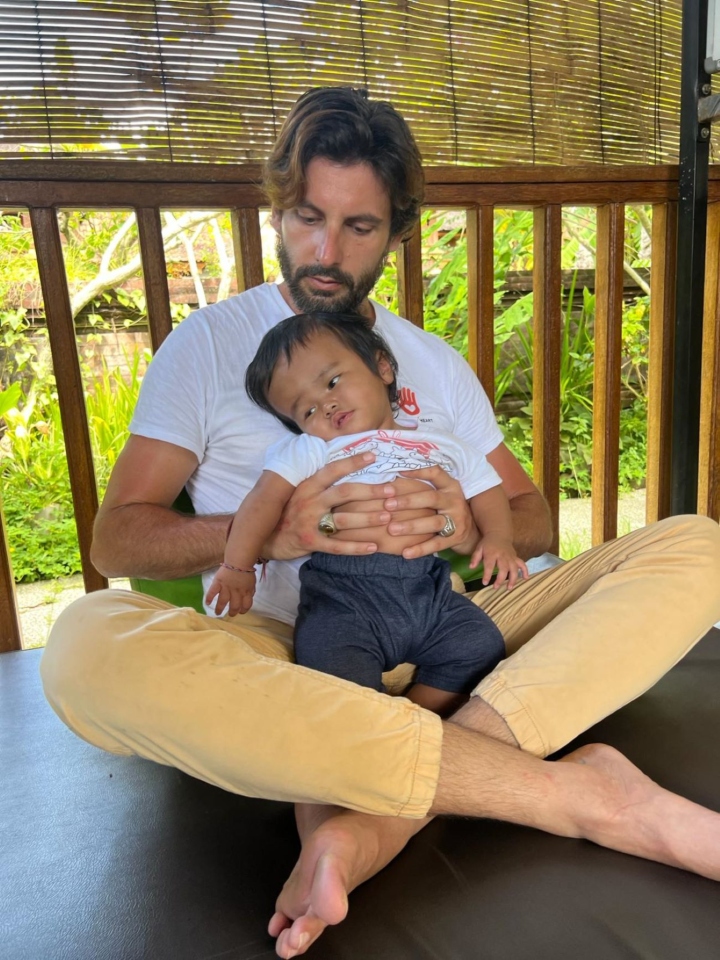
Today, our organization has extended its reach to remote corners of the world, including the Talamanca jungle in Costa Rica and the impenetrable areas in Chaco, Argentina. In these challenging environments, we work with patients who have been severely neglected, and living in conditions of extreme poverty. Many of them have never received any assistance before.
Amidst Ukraine’s war, air raid alarms pierce the silence, civilians sprint to bunkers within minutes
During the war in Ukraine, the emotional intensity felt grave. The air raid alarms frequently pierce the air, paralyzing us. Each roar signifies the imminent threat of a missile descending at any moment. The children, too, feel the fear. Their breathing quickens, and their parents instinctively reach for their phones. Through an application, they verify whether the flying object is a fighter, a warplane, or a missile that could strike within minutes.
The situation frightened me, becoming one of the most terrifying experiences I ever encountered. The urgency of survival gripped us. We had mere minutes to sprint to the nearest bunker before a potential impact. Anger, panic, disappointment, and frustration hung in the air, creating a cold tension that permeated our beings.
Inside the adult ward, military personnel dominated the population. Their stories unfolded—a tapestry of amputations, combat wounds, and injuries from explosions, grenades, artillery, and gunfire. Each cause linked itself to the tragic war painting a vivid picture of suffering. As I toured the facility, I delved into their narratives.
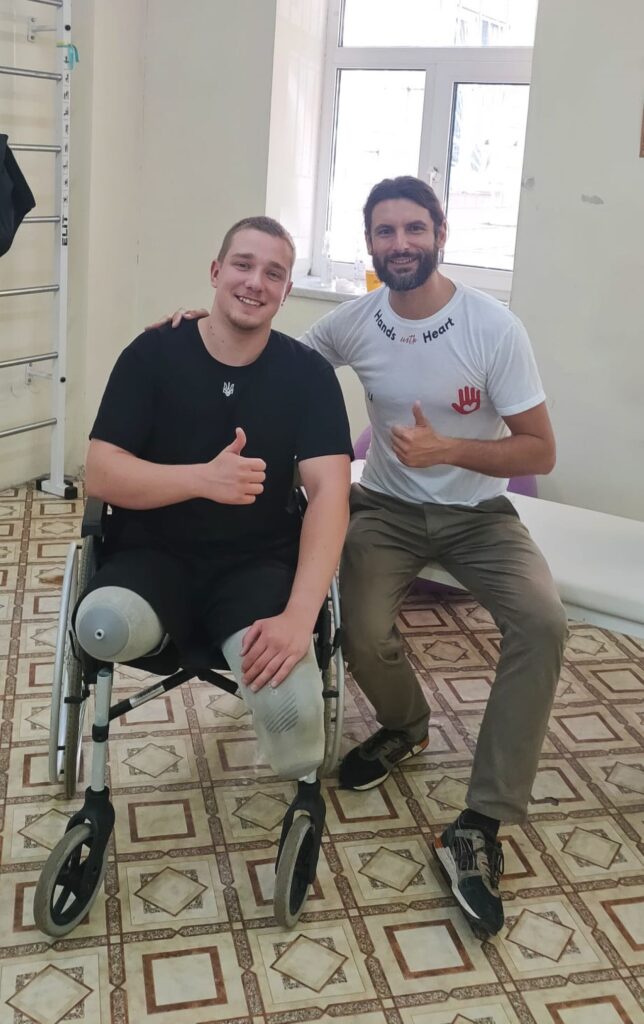
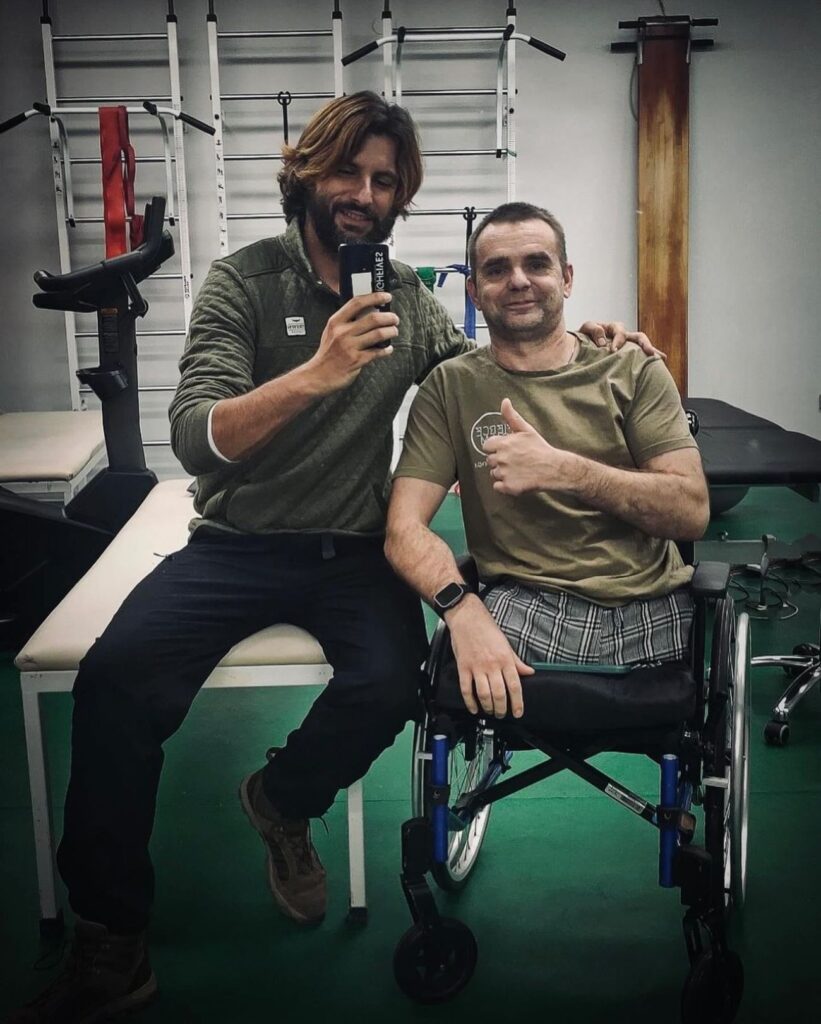
Their accounts sent shivers down my spine. What struck me most, though, were the stories from those with firsthand experience on the front lines. They spoke of rawness—the aggression and hatred that pervaded this war, unlike anything they had witnessed before. The brutality etched itself into their souls, leaving scars deeper than any physical wound.
Healing wounded bodies and shattered souls amidst the horrors of war
In my role in Ukraine, I have heard the harrowing details of war from those who endured its cruelties. One soldier recounted how he witnessed tanks ambushing his comrade. Trapped and alone, his comrade endured a barrage of fire, his body riddled and destroyed, while the soldier could only hide and tremble in horror. Another encounter involved a soldier who, before the war, worked as a truck driver. As I treated him, he initially remained unaware of the extent of his injuries. He then revealed that a grenade had exploded in his hand, slicing his abdomen open, spilling his intestines out, and severing his hand.
I also treated a soldier whom the Russians held captive for four months. Throughout his captivity, they forced him to stand, his arms bound behind him, never allowing him to sit. He endured daily beatings that left him with unprecedented injuries—a body traumatized repeatedly, a victim of relentless torture.
Confronted with such stories, I found myself unable to reconstruct their shattered bodies. All I could offer was relief and a shoulder for their tears, as they wept from the immense pain they suffered. Treating these individuals felt like an arduous task. My work often involved providing pain relief in ways that are almost imperceptible, yet crucial for their recovery.
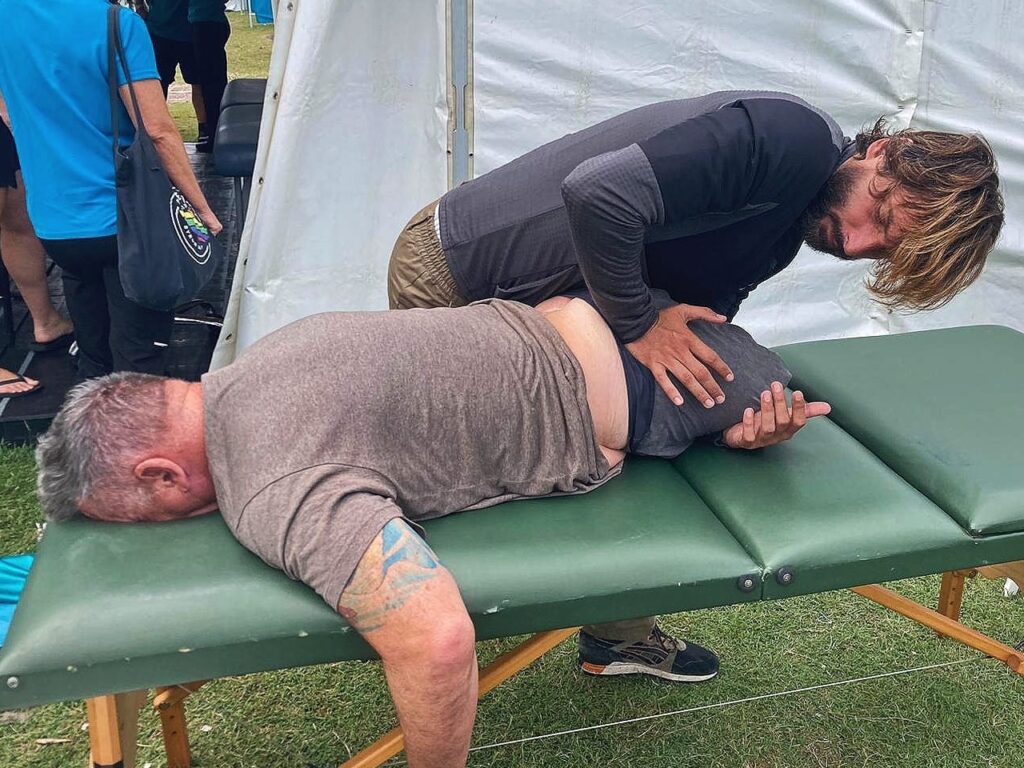
Despite maintaining composure while with them, the moment I concluded the mission and found myself on the return flight home, I became overwhelmed. The weight of their stories hit hard. I wept inconsolably, unable to halt the flow of tears. Their stories still flood my thoughts with the wounds they have borne, both physical and emotional.
Empowering lives: Hands with Heart’s global vision for the future
My deep commitment to the social work I perform through Hands with Heart stems from a passion and belief in the transformative power of improving lives. Our future plans, both ambitious and compassionate, include establishing a permanent clinic in Bali, continuing periodic support in Ukraine, and providing care for our patients in Costa Rica and Argentina.
In Costa Rica, we plan to operate a mobile clinic housed within a bus that will traverse the jungle, transforming into an operating room for indigenous communities isolated from hospitals. This initiative is crucial because, without proper care, even a simple knee sprain can escalate into a severe issue for them.
Our collaboration with the Adaptive Surfing World Cup represents another upcoming venture. The sight of individuals who have lost an arm in Iraq or survived a shark attack and continue to surf profoundly inspires me. It drives me to contribute and support their indomitable spirit.
The intangible rewards of this work are immense. The love I receive surpasses anything I can imagine. While many may not express their gratitude physically, I feel it deeply. It’s a delicate and invisible feeling that resonates in my hands and causes my heart to beat with purpose and strength.

